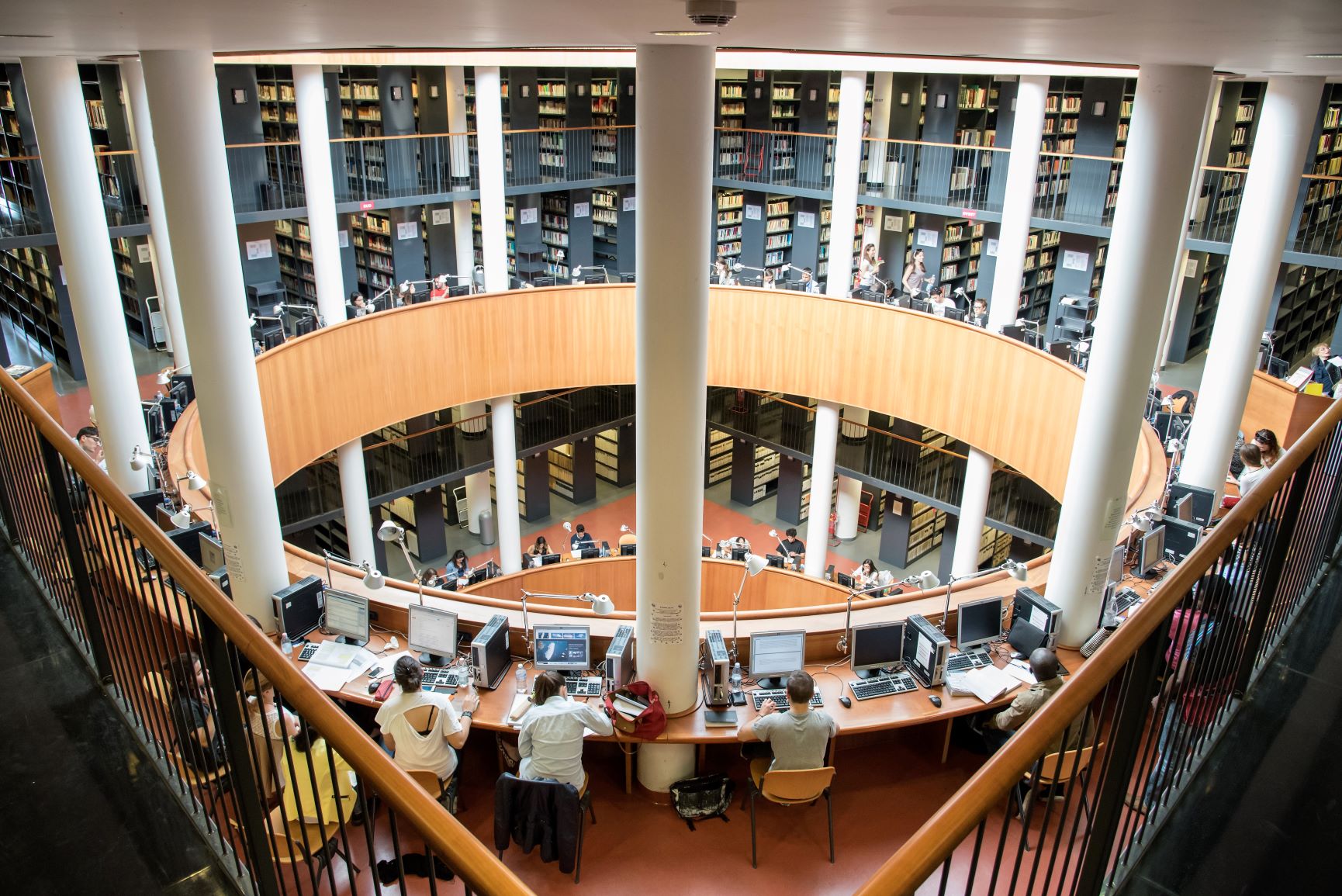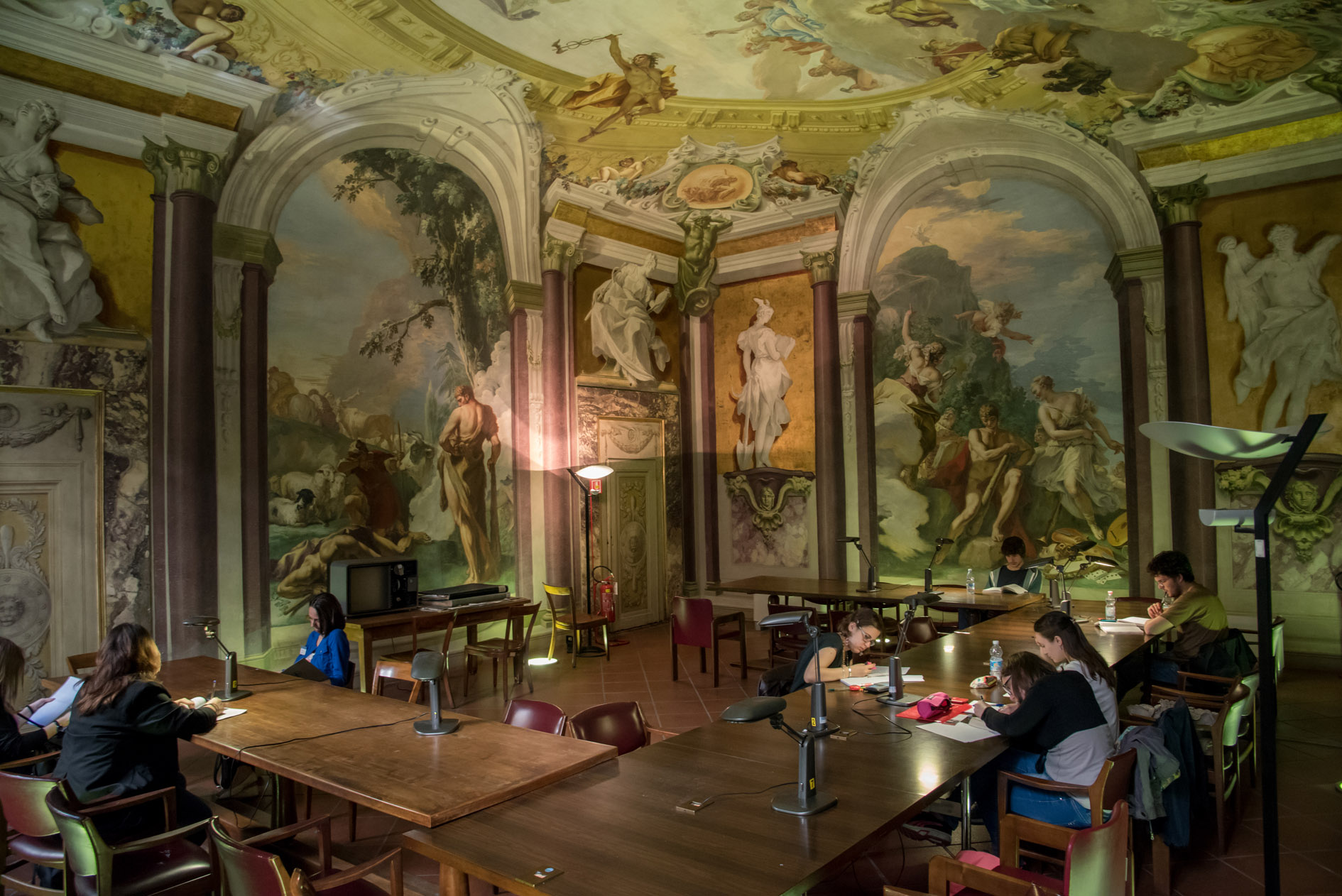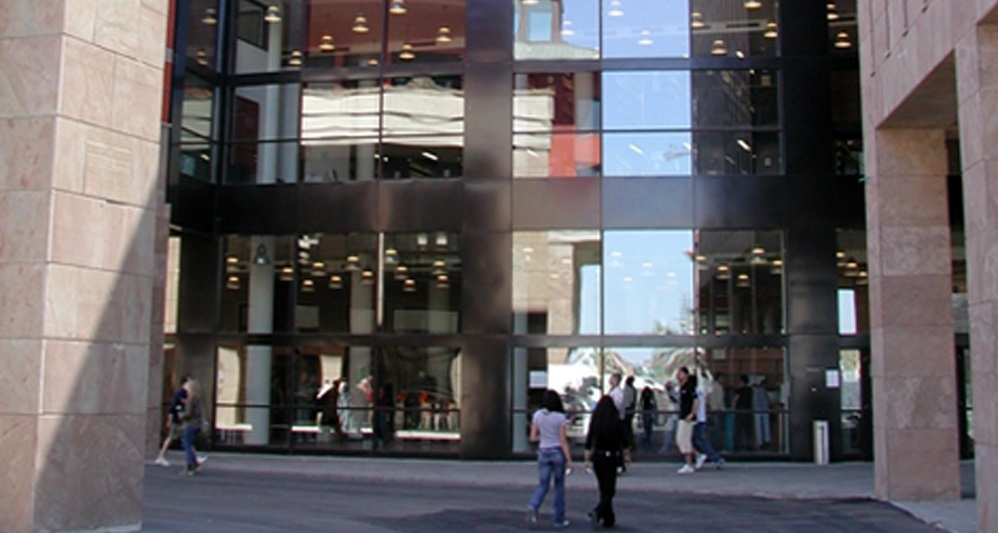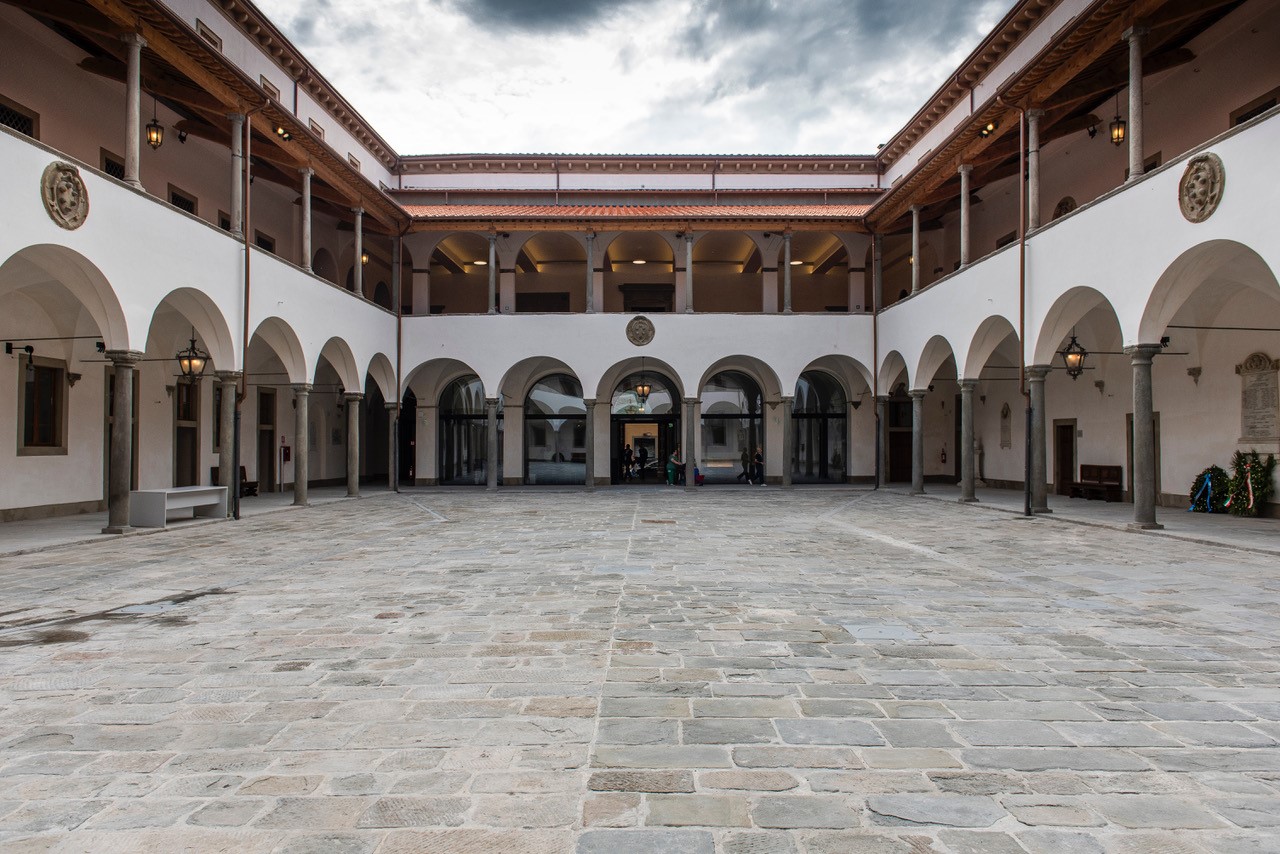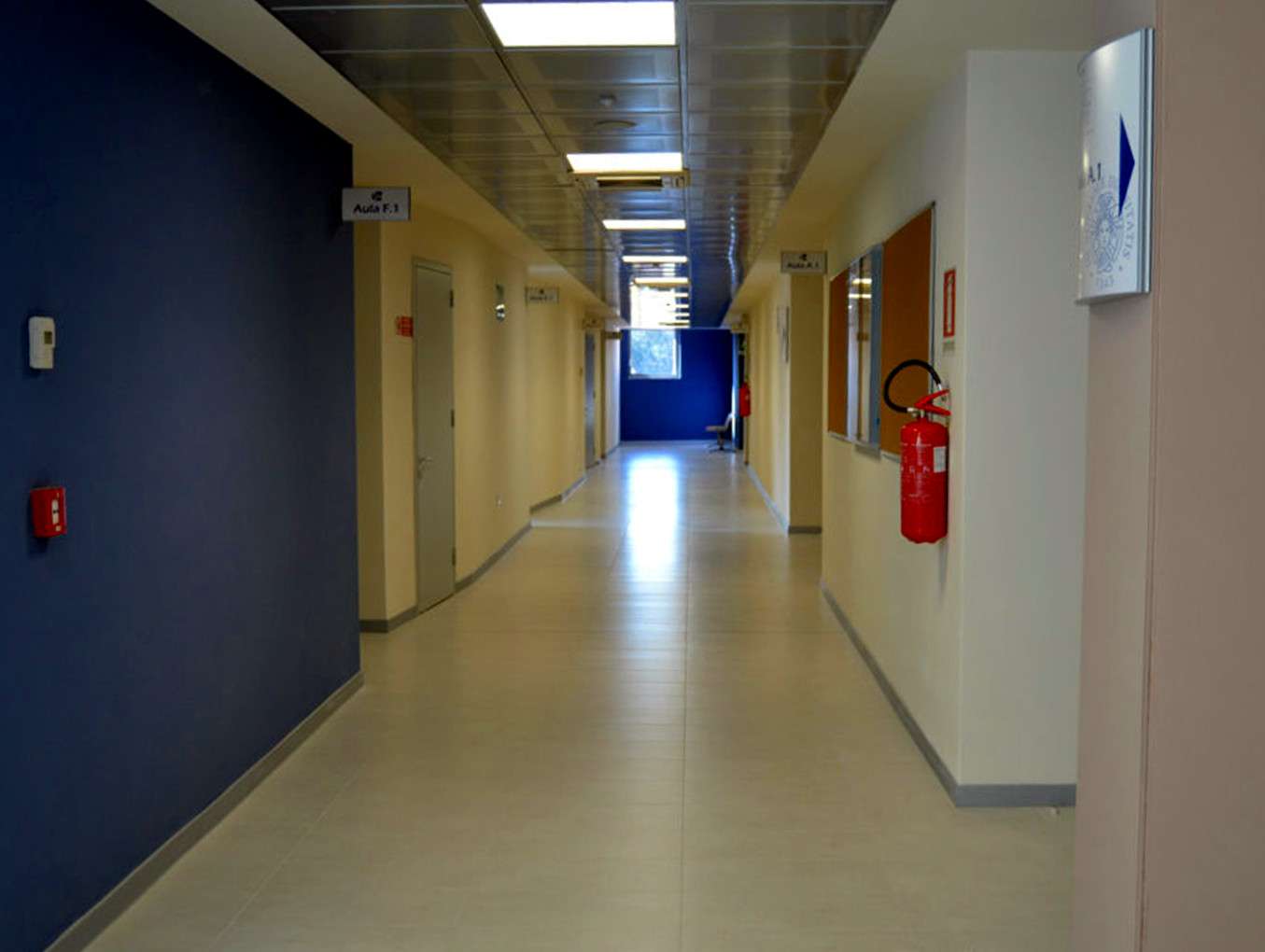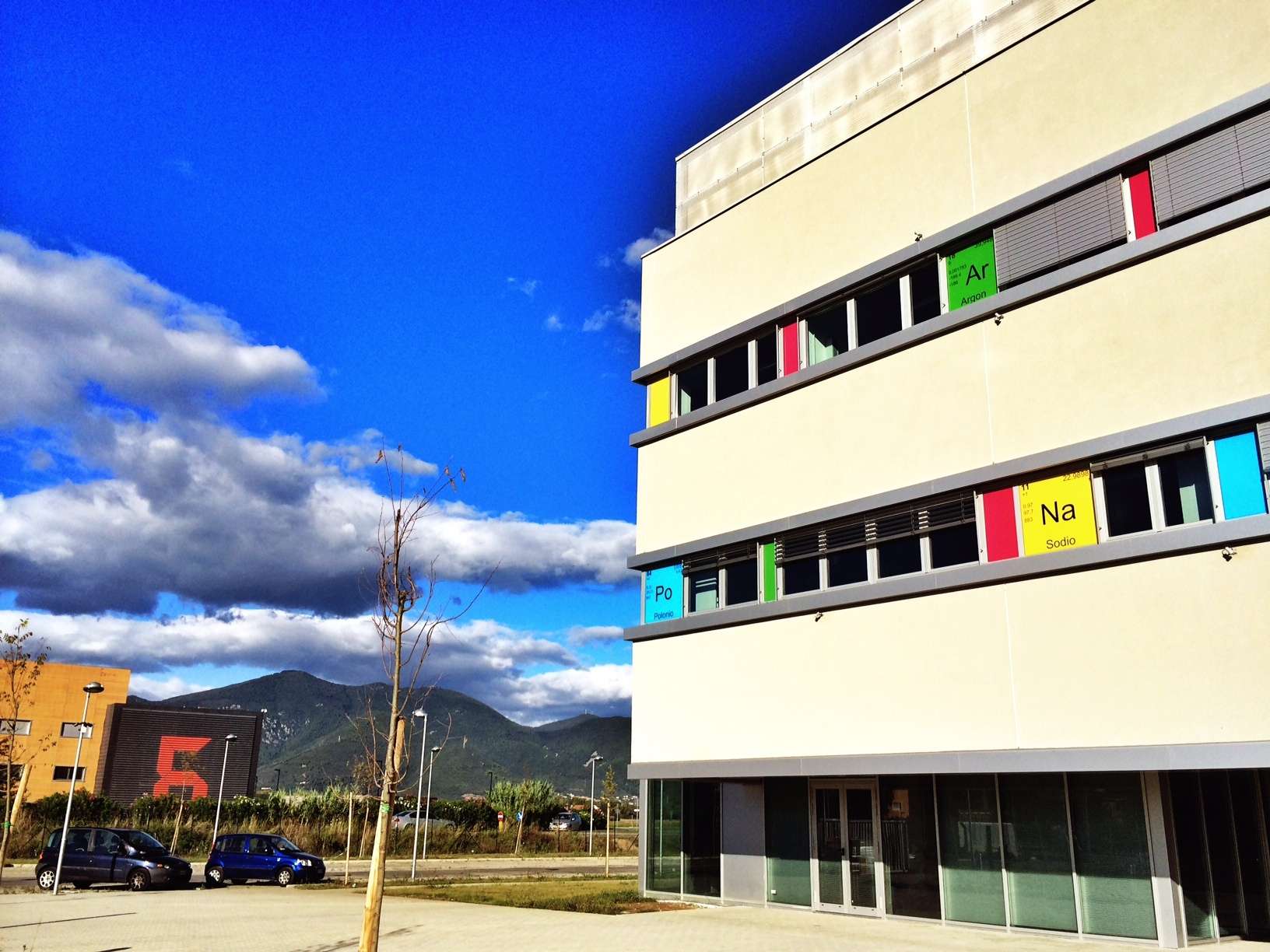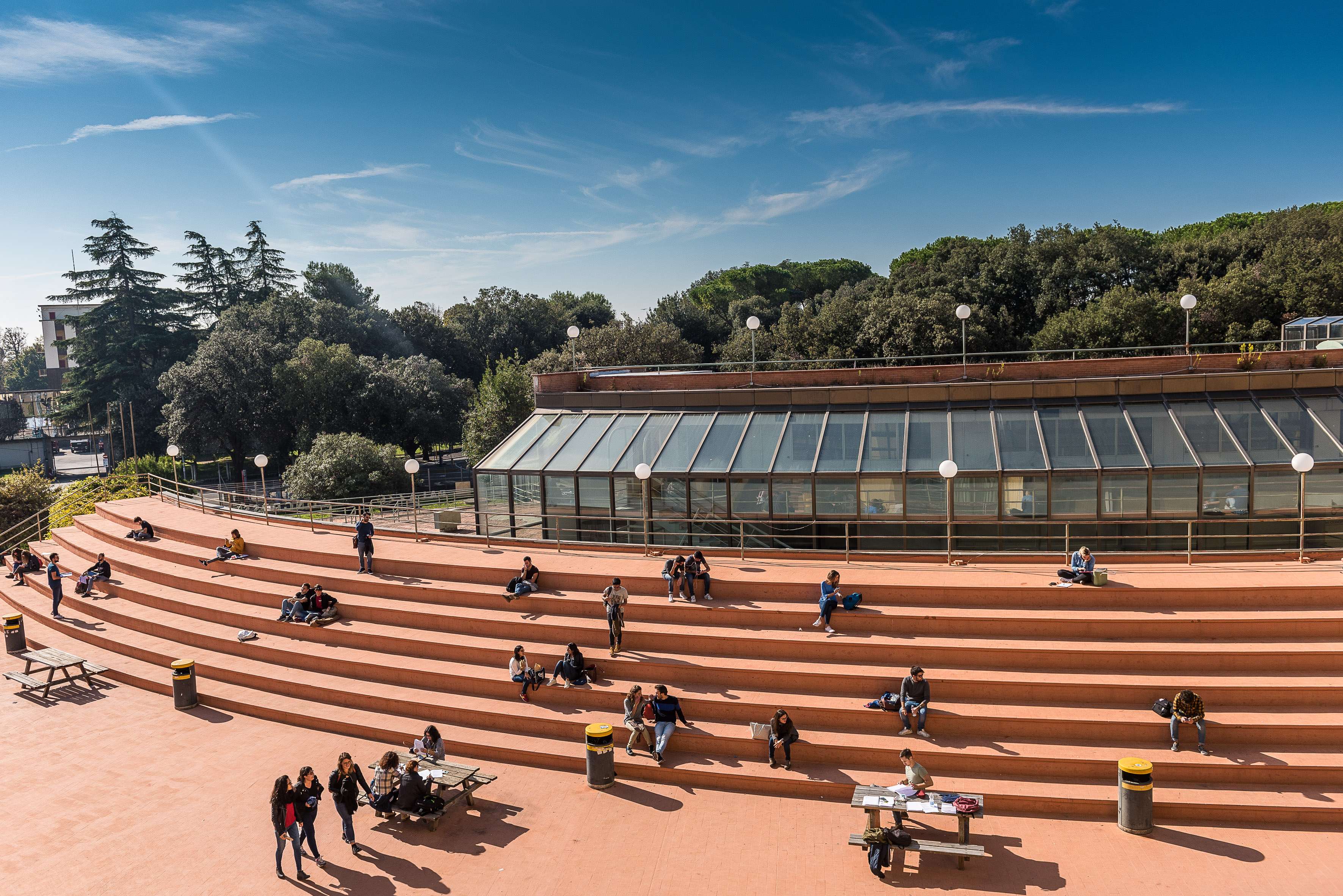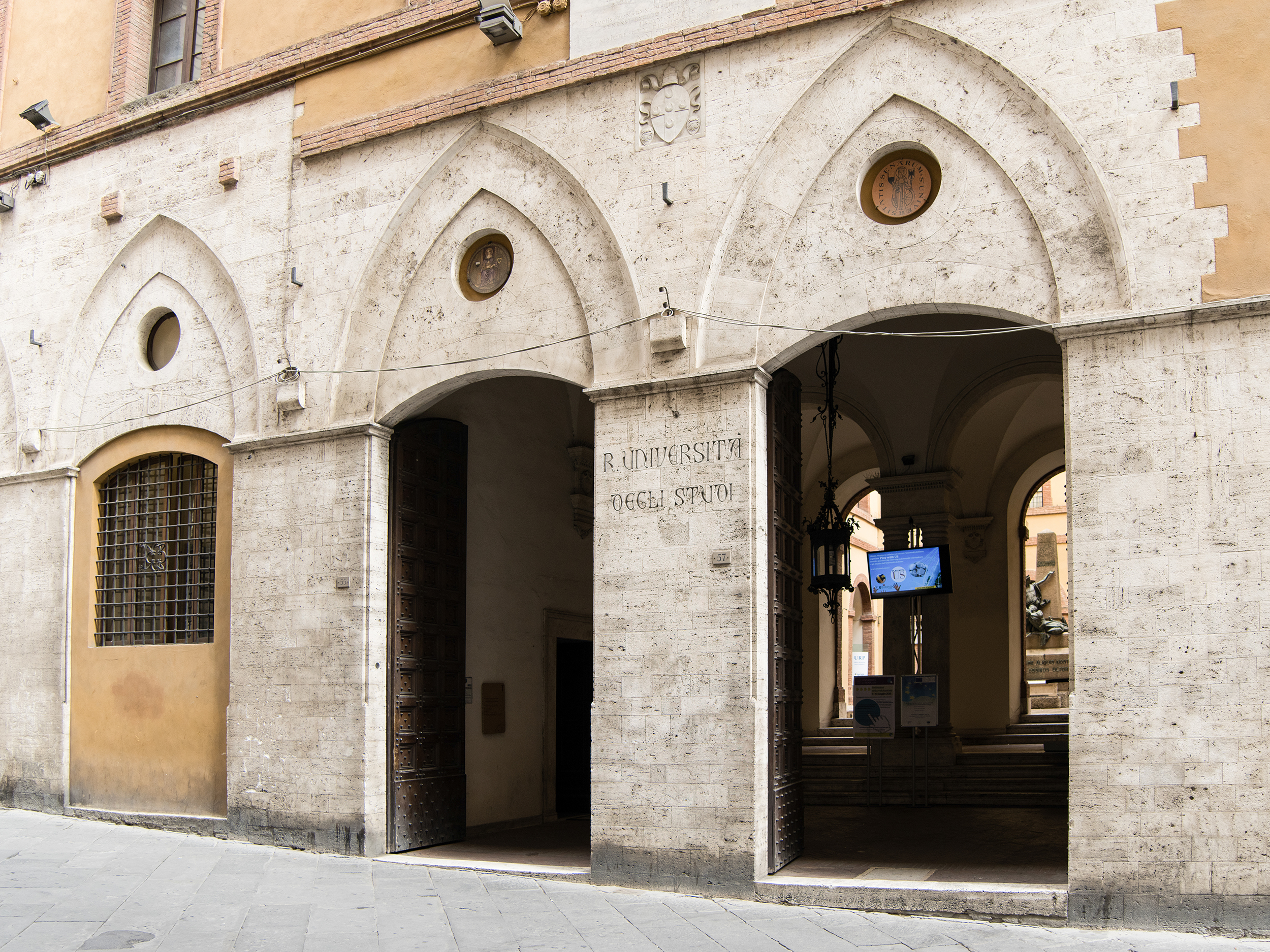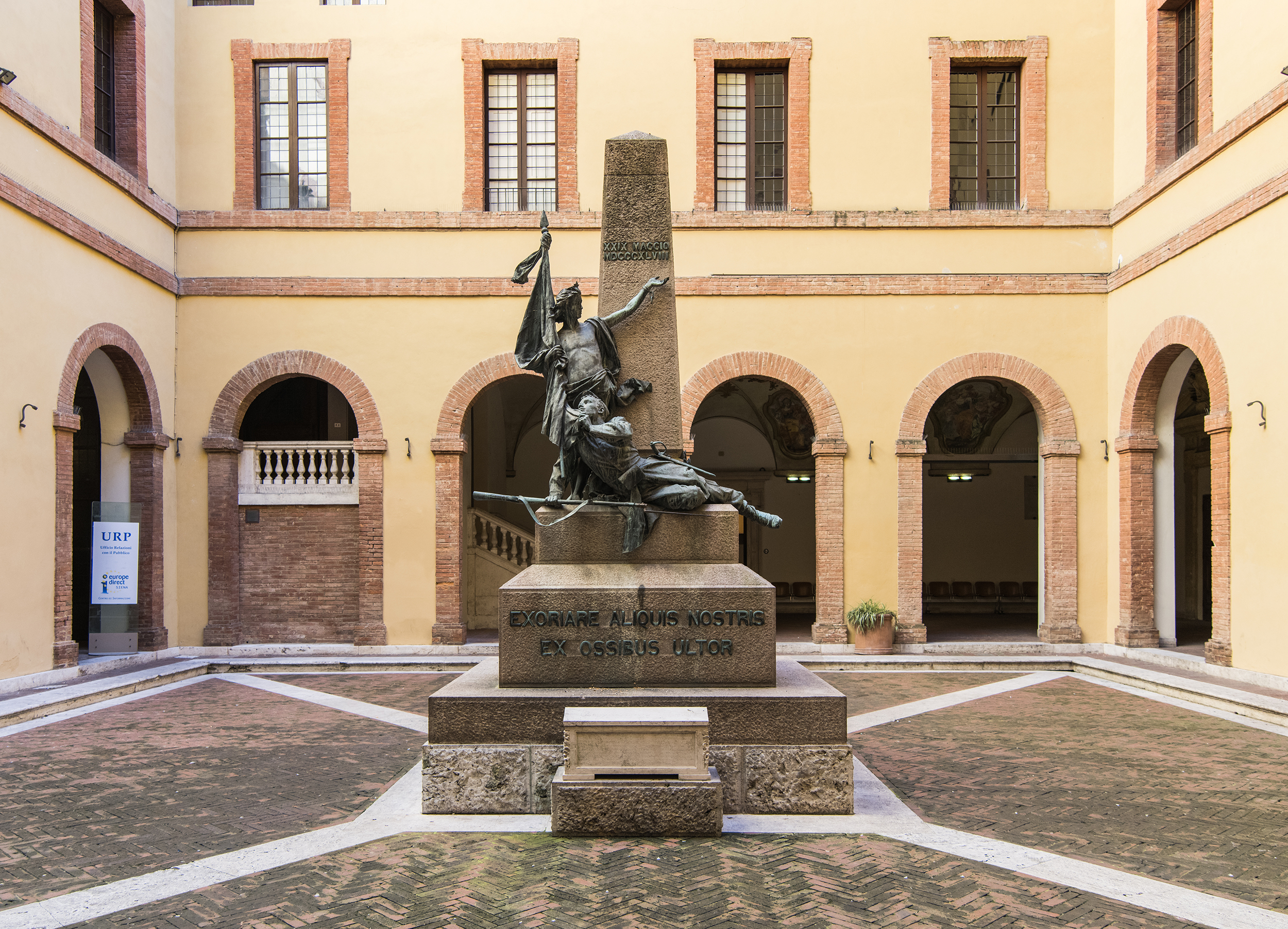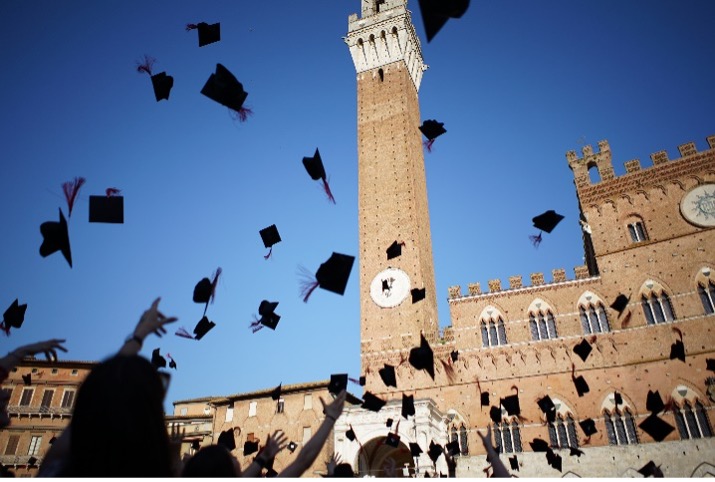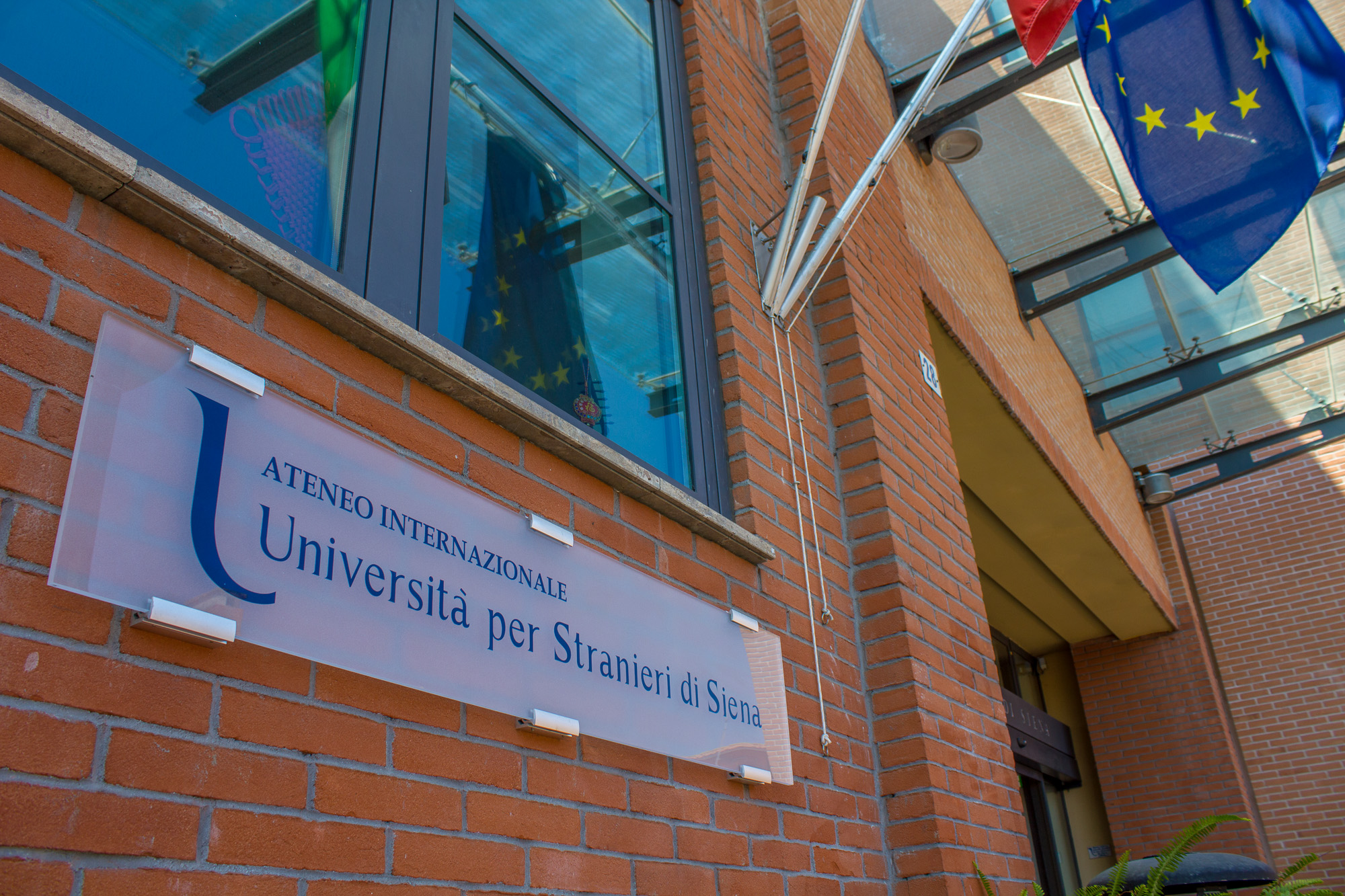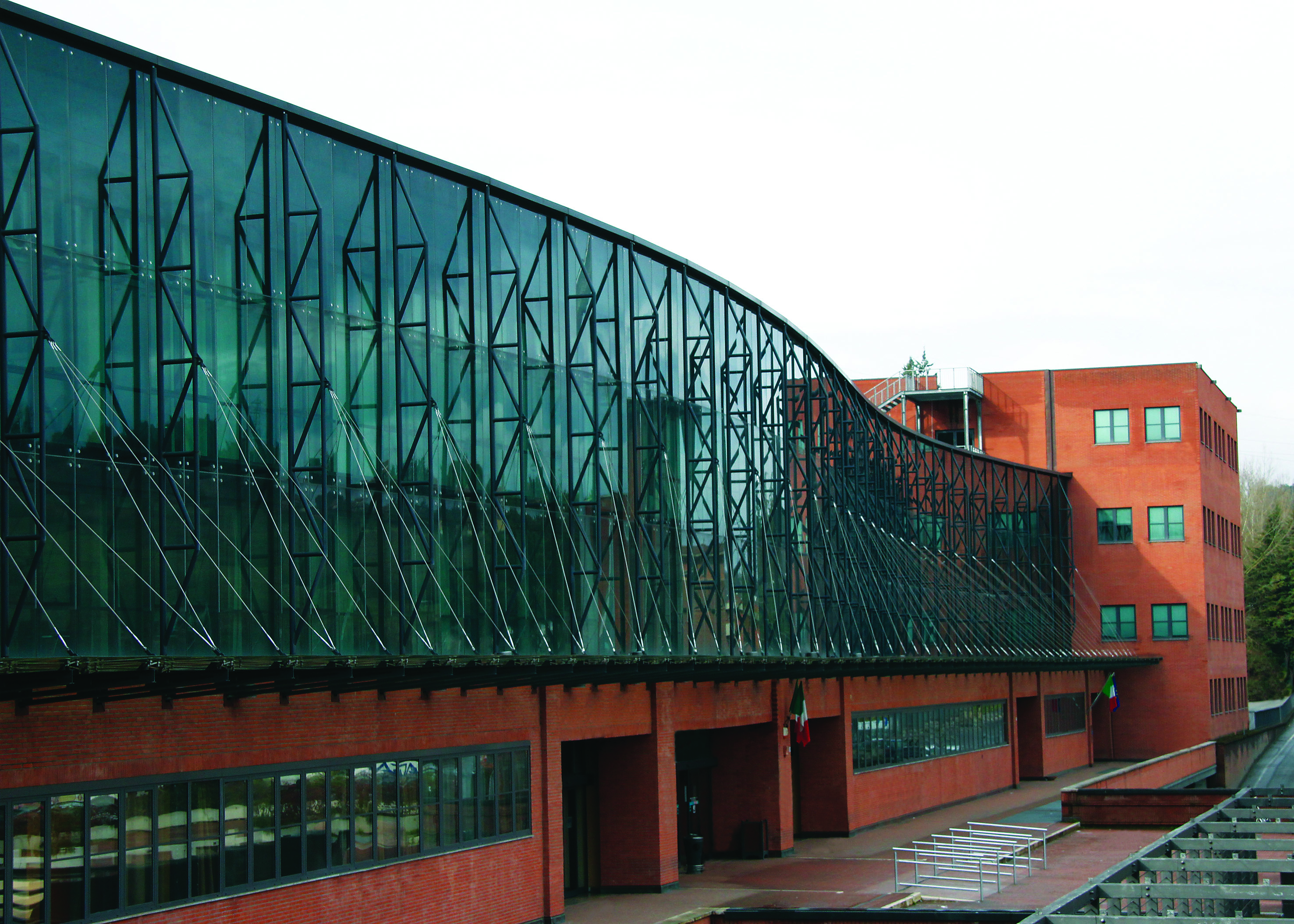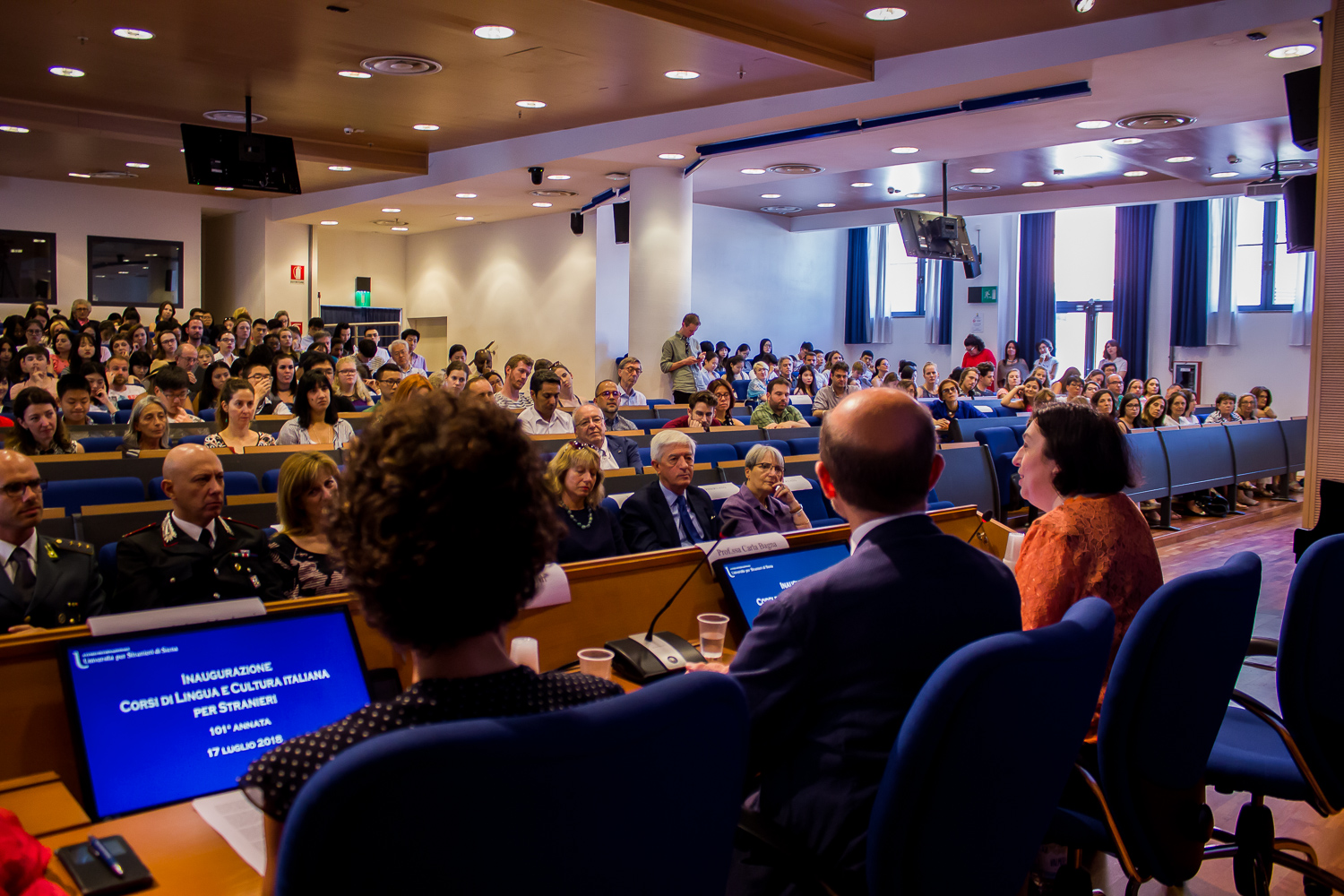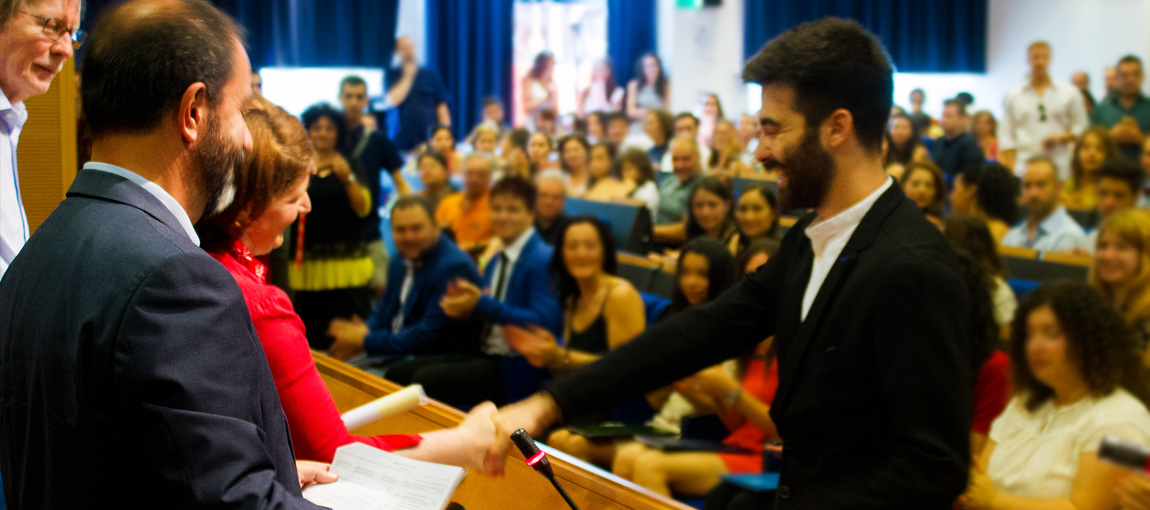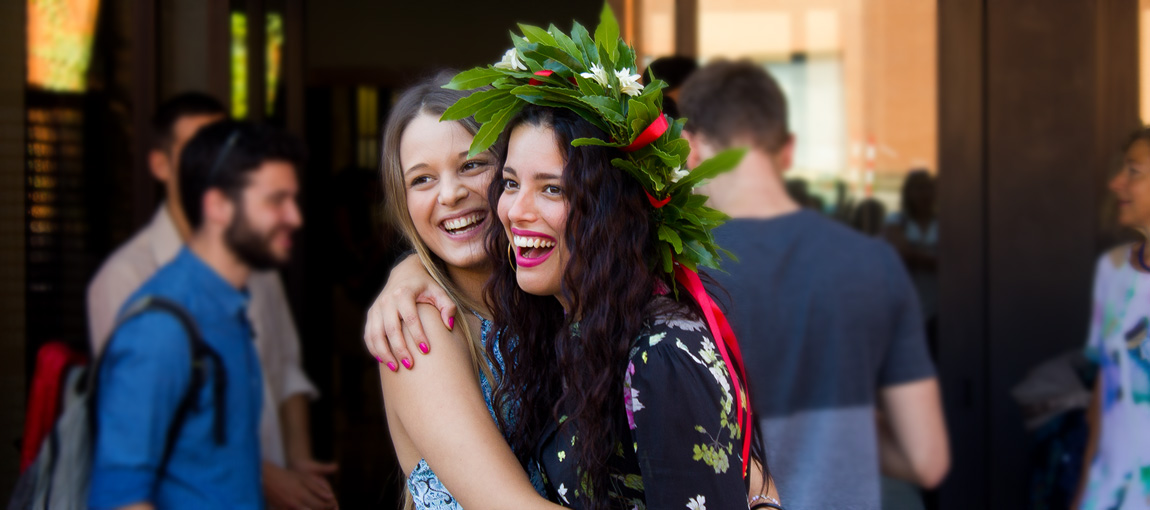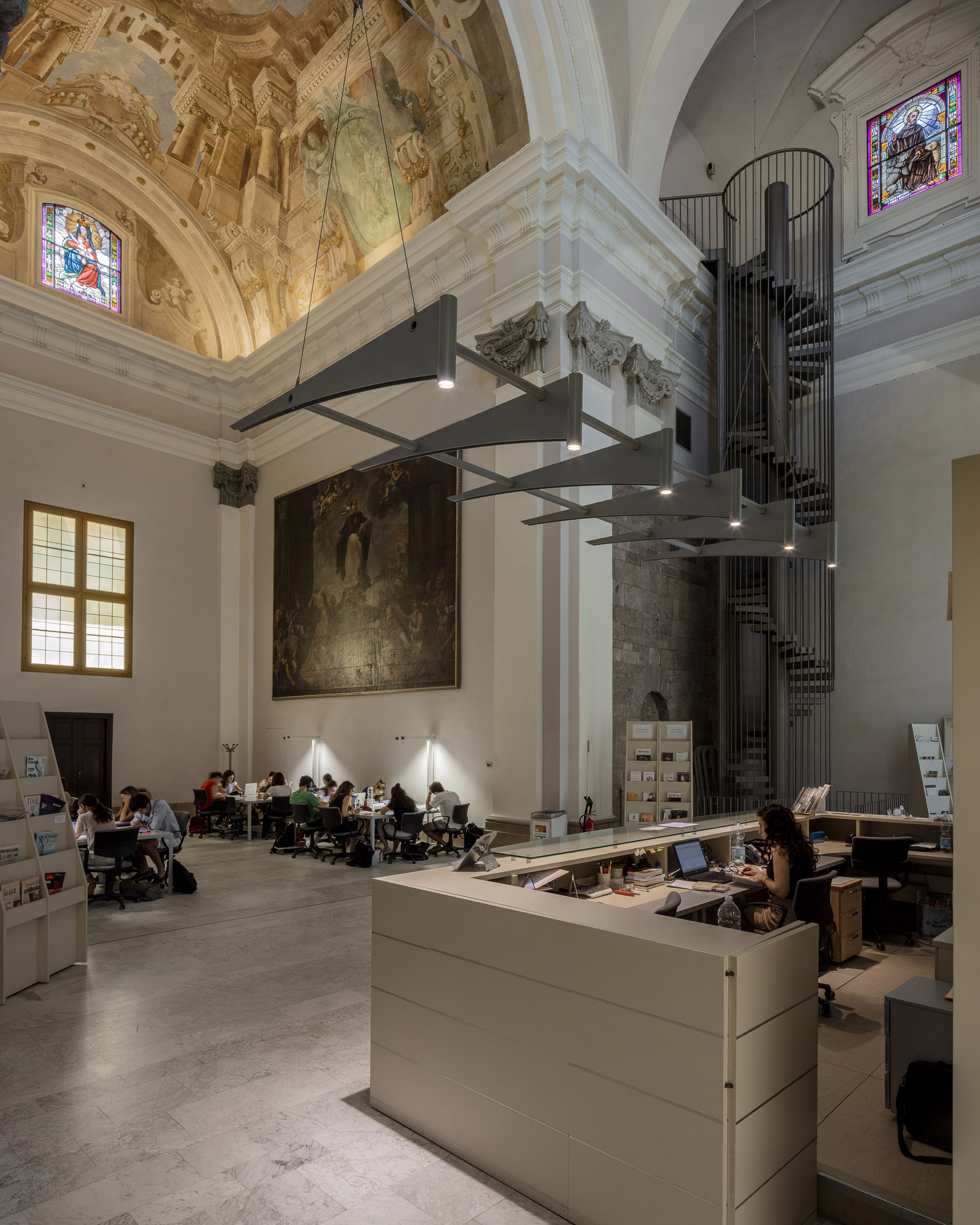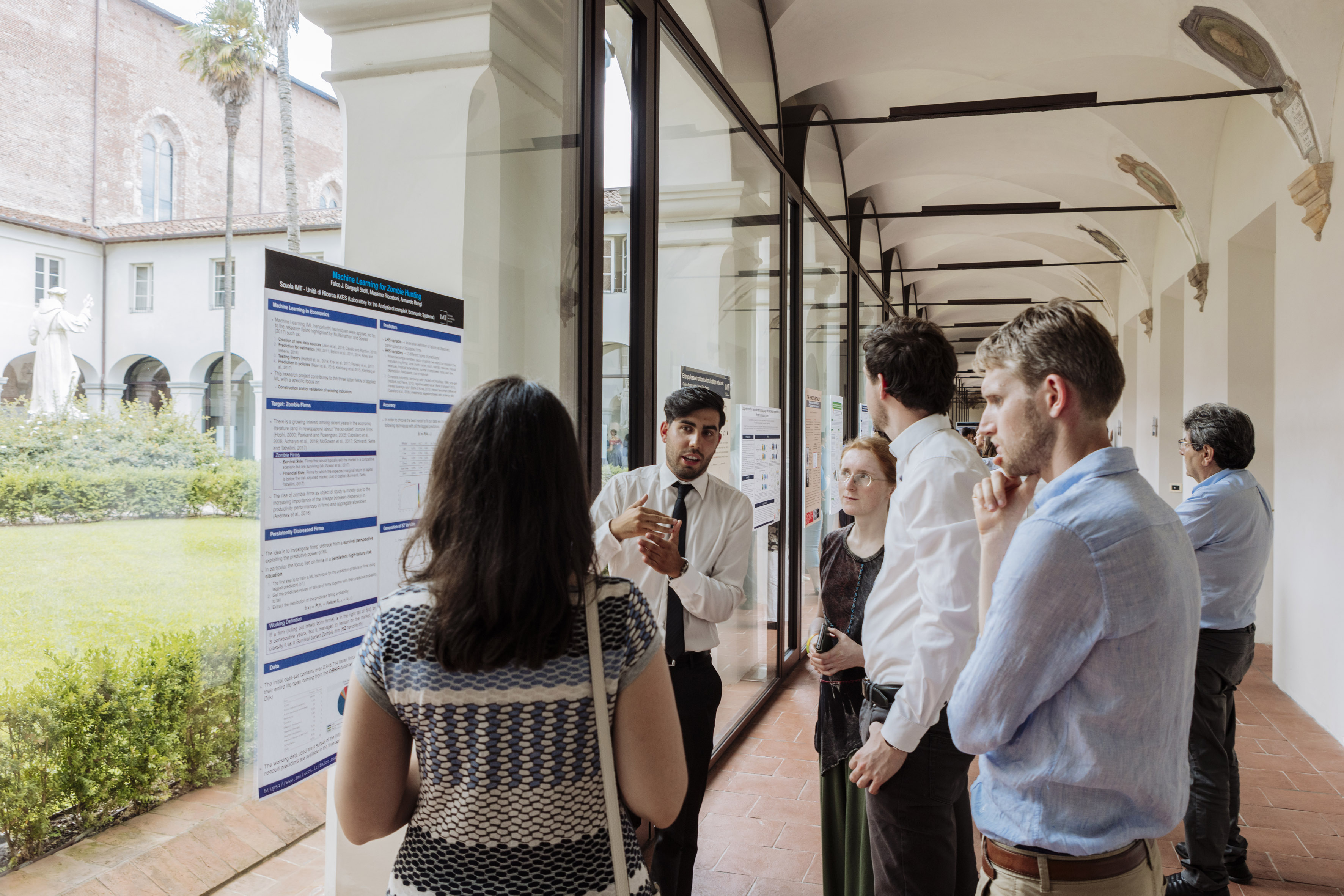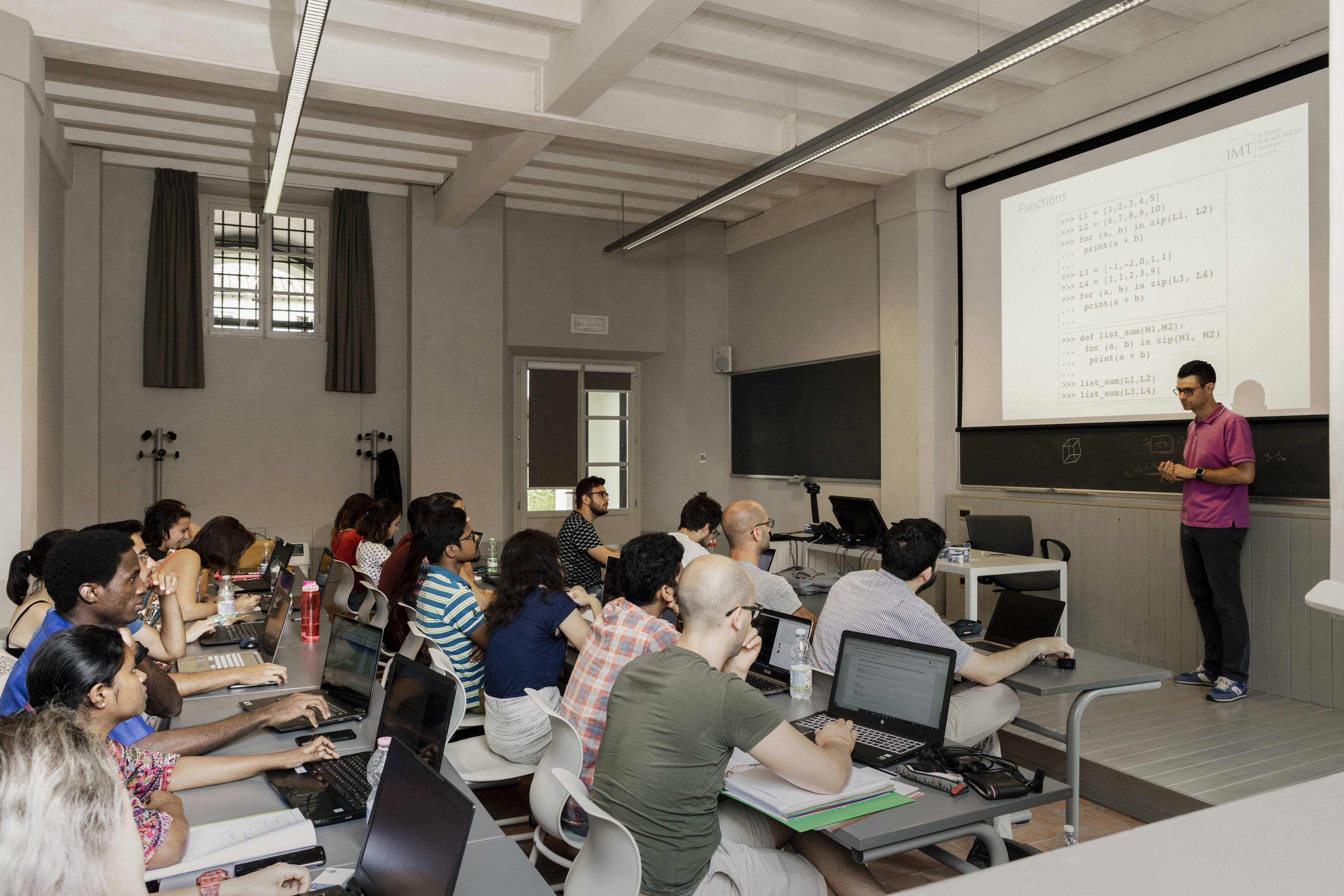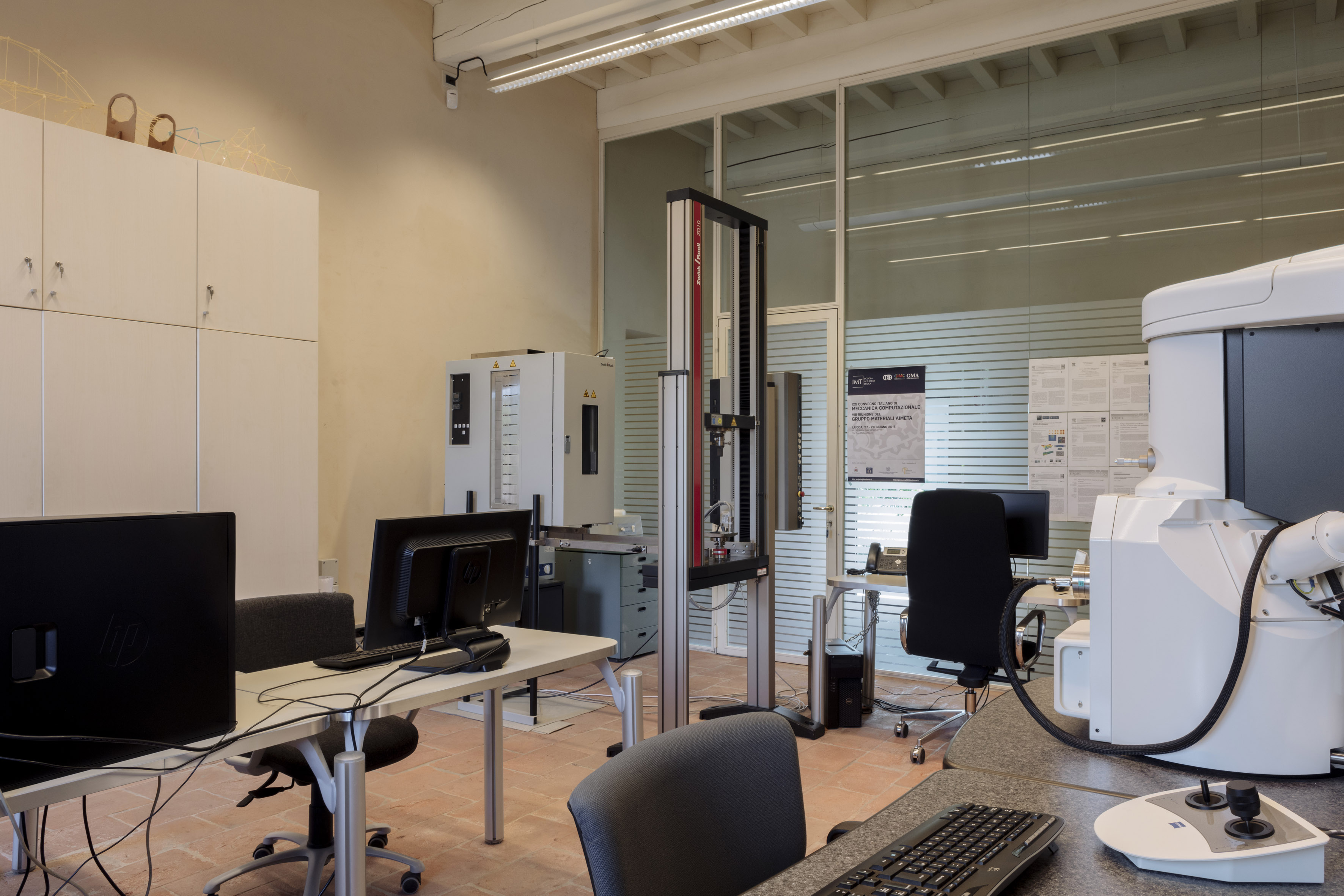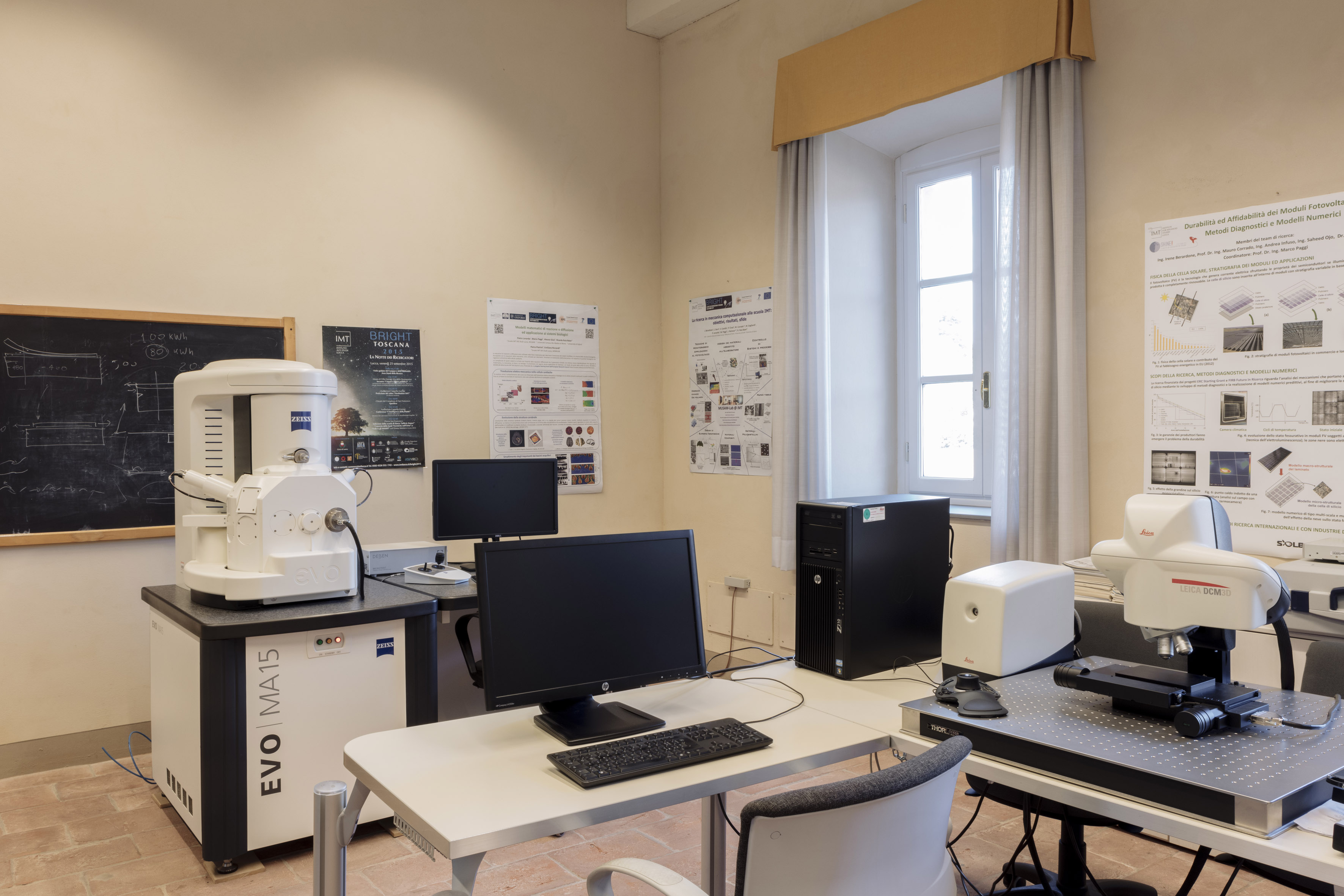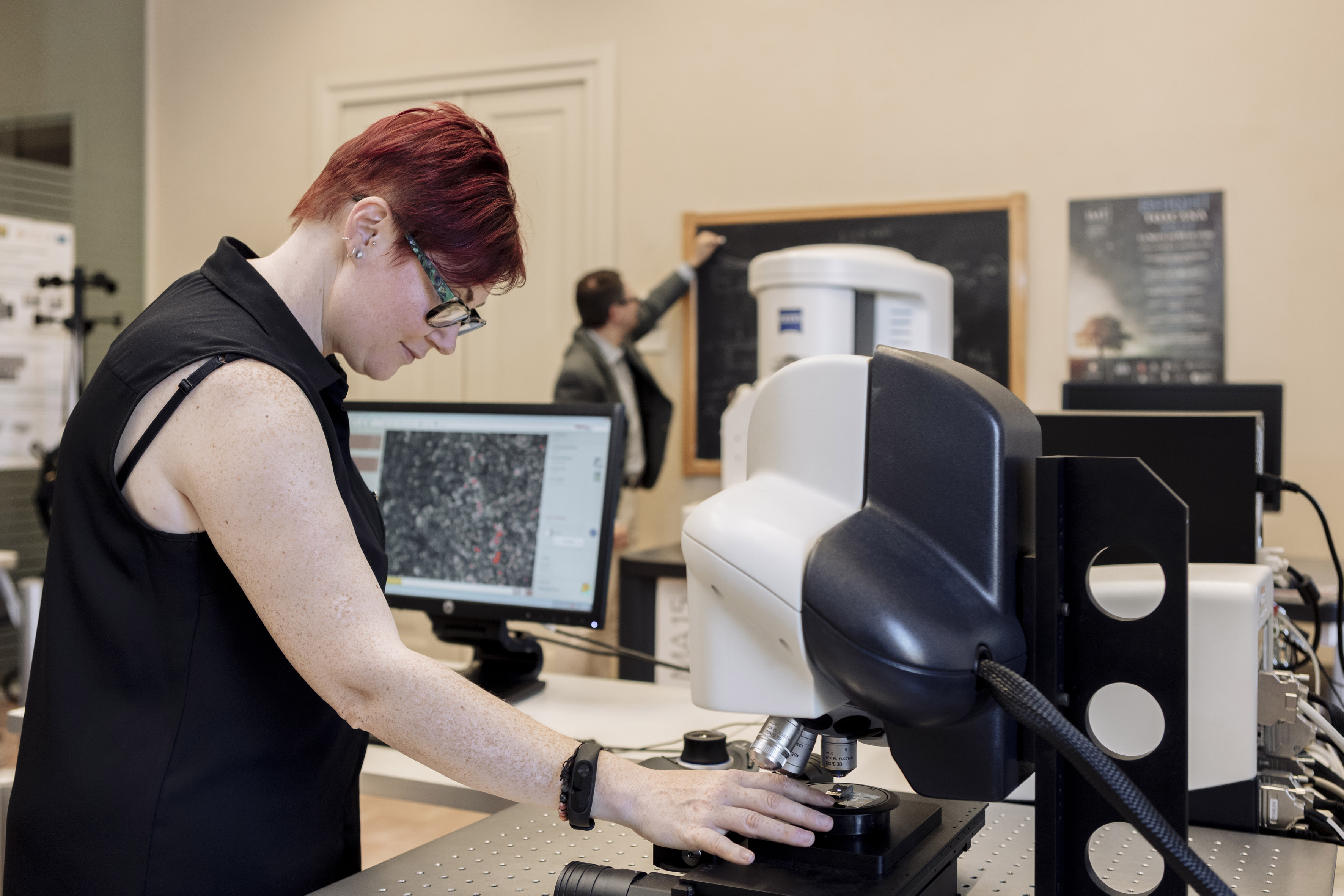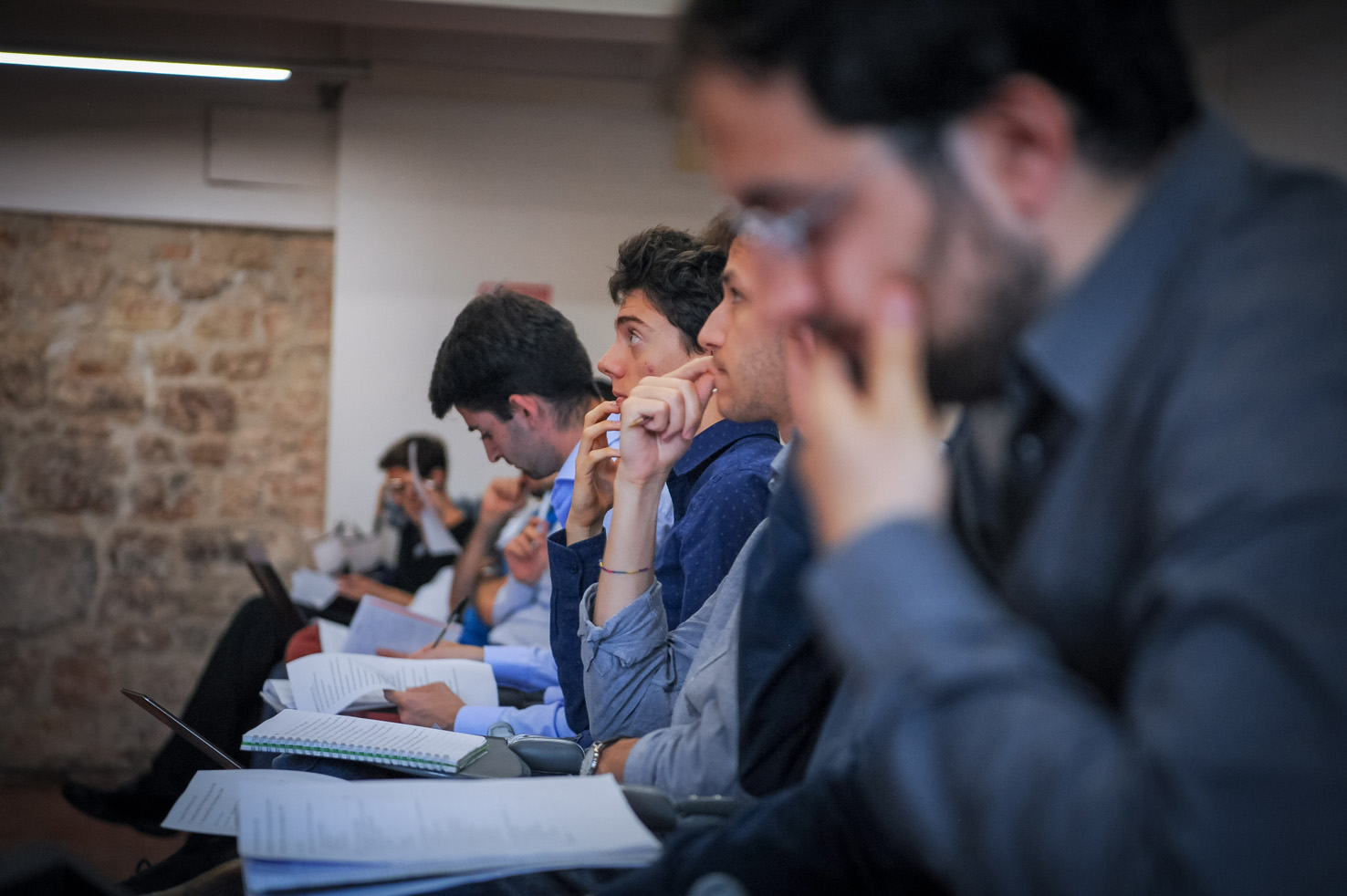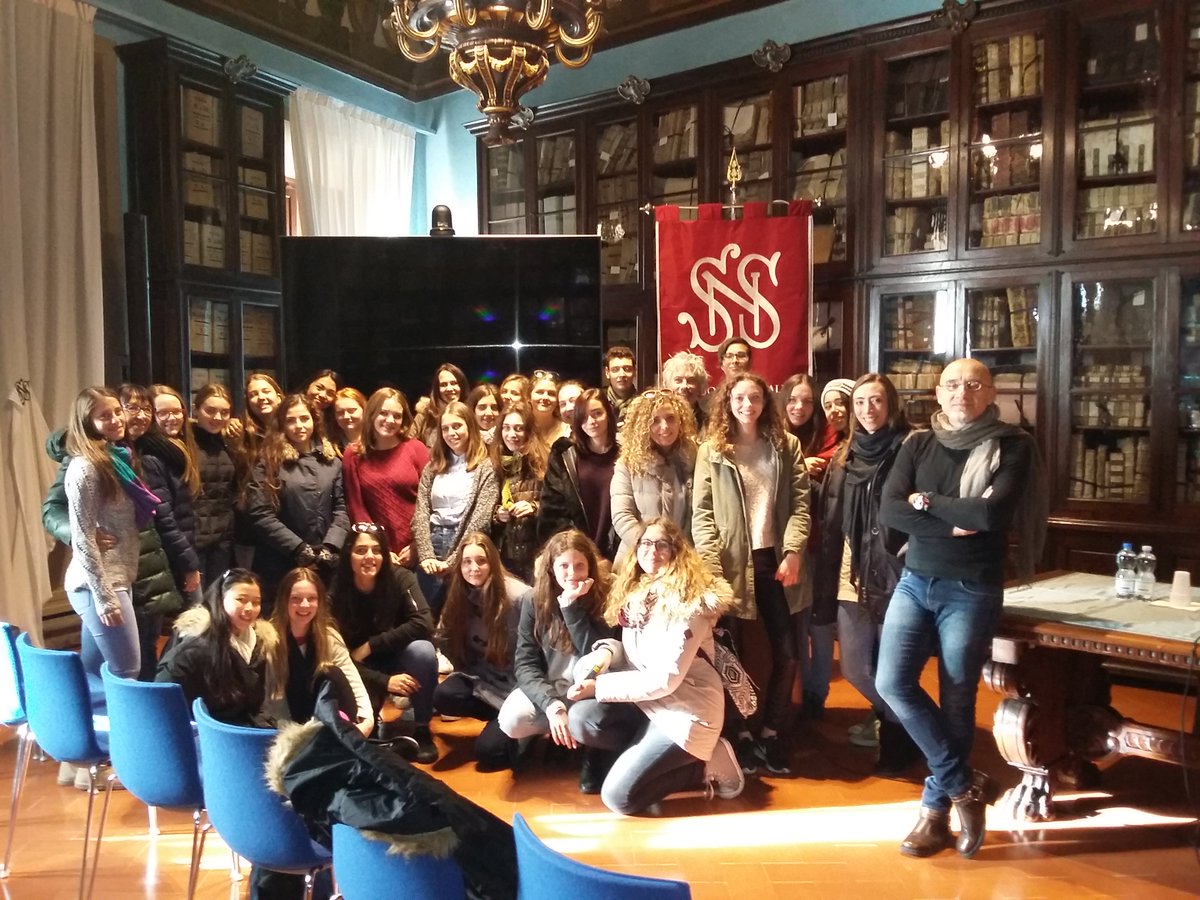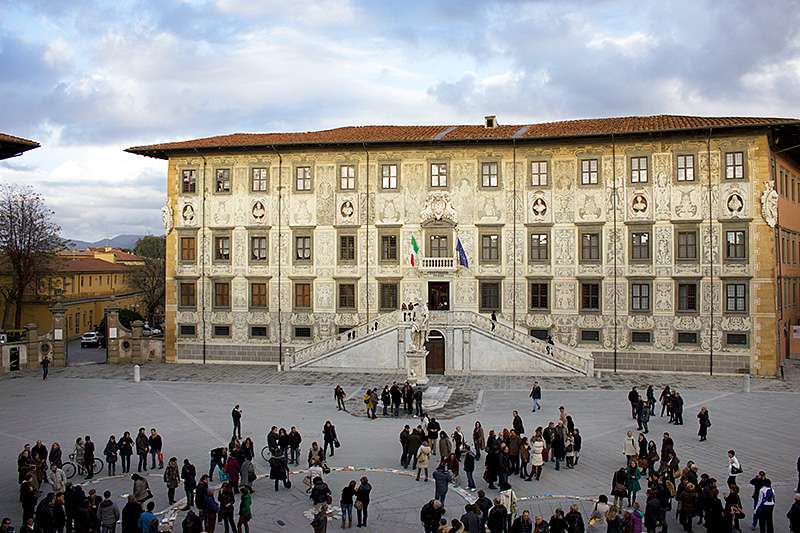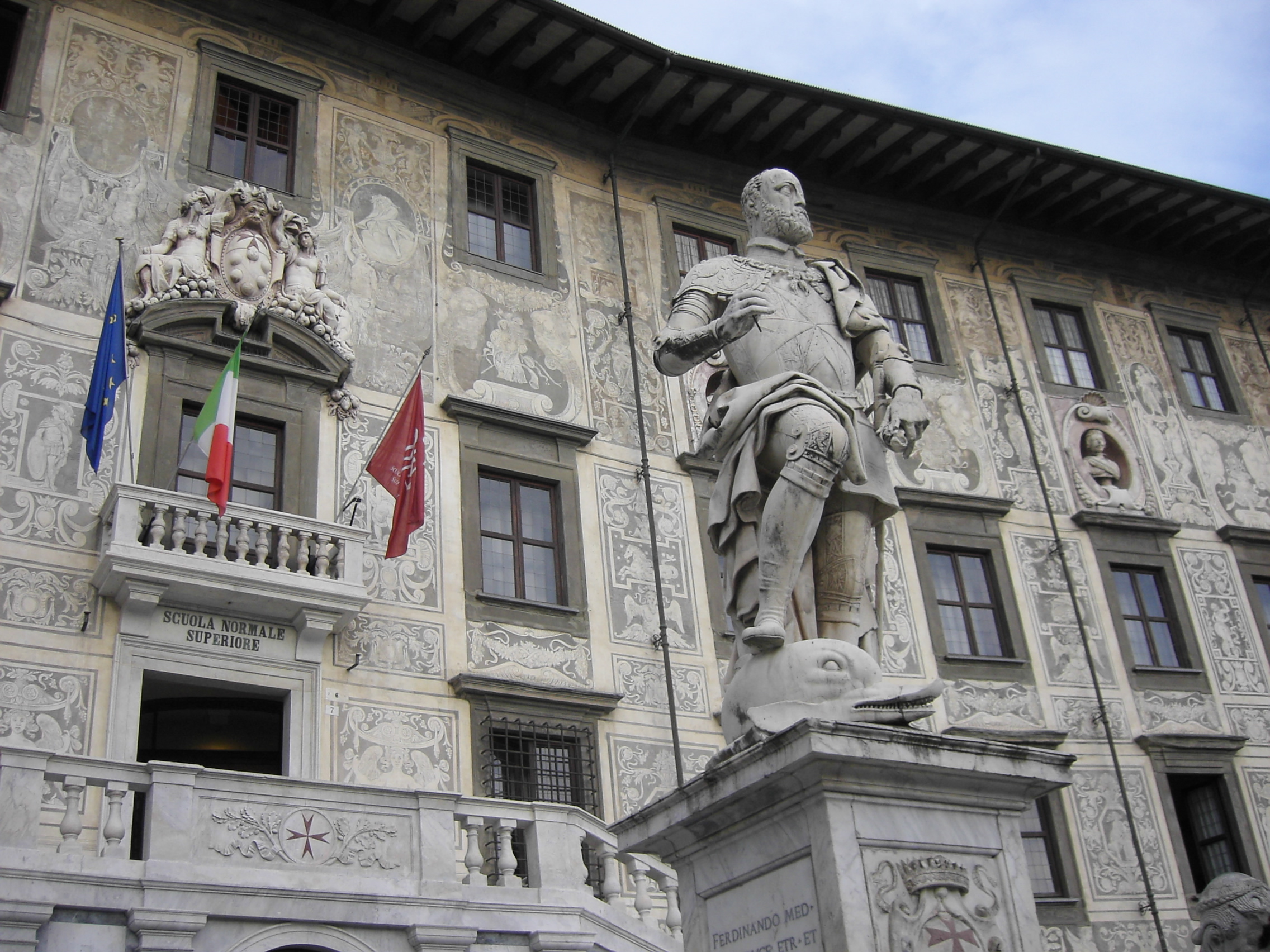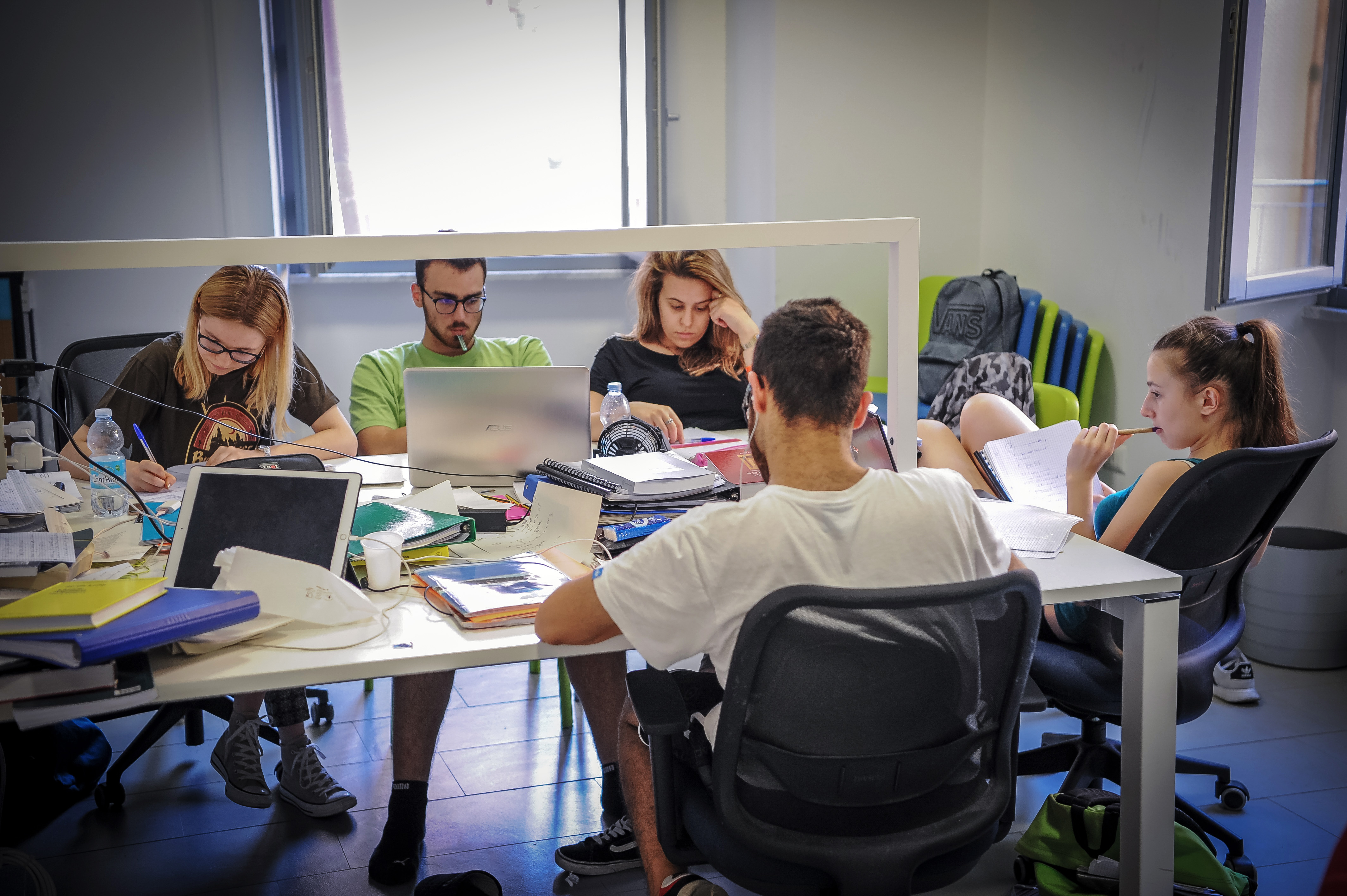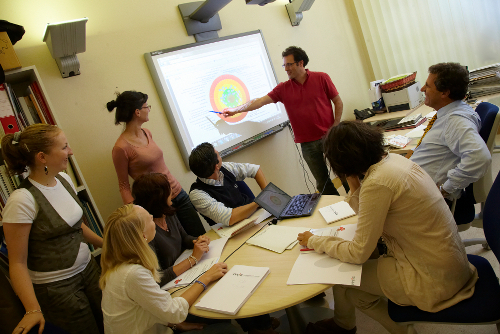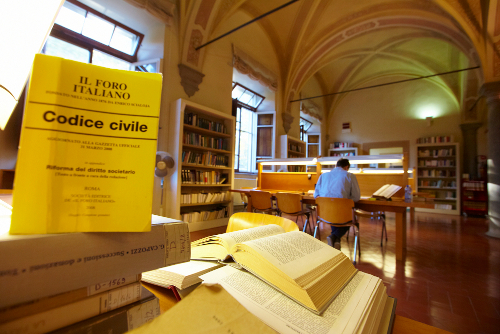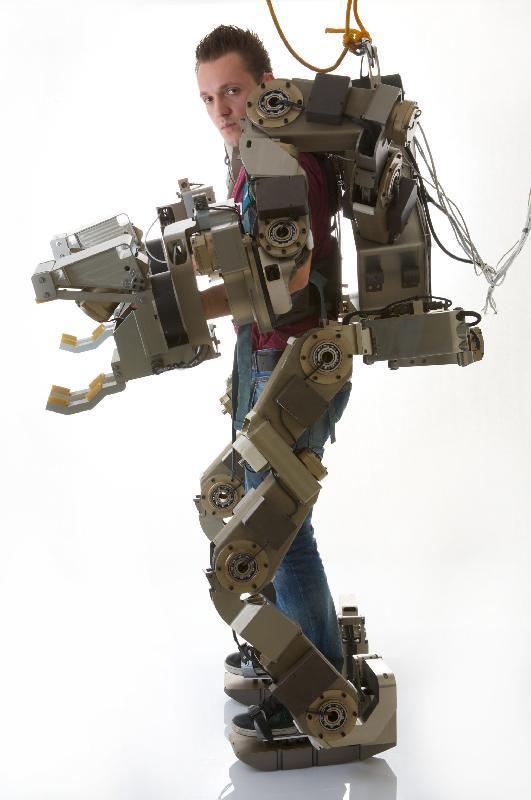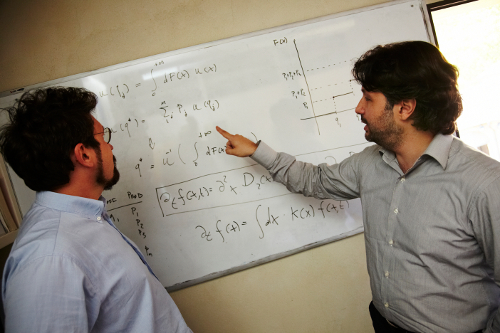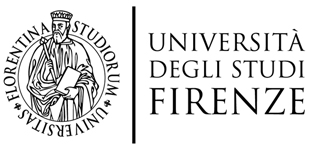
Università degli Studi di Firenze
The University of Florence can trace its origins to the Studium Generale, which was established in 1321, and it is one of the largest organizations for research and higher education in Italy with about 57,000 students, 1,800 teaching and research staff, 1,400 technical and administrative staff and 2,000 PhD students and research fellows.
Researchers at the University of Florence operate within 21 different departments and can benefit from approximately 40 research structures, including inter-departmental and inter-university centres, as well as specialized research, knowledge transfer and advanced training centres. Moreover, a significant part of the yearly budget is allocated to scientific research.
The University of Florence has adhered to the principles of the European Charter and Code for Researchers and, since December 2018, it is one of the 16 Italian universities that have been granted the HRS4R Human Resources Strategy For Researchers Award (https://www.unifi.it/vp-10899-hrs4r-excellence-in-research.html?newlang=eng ).
Moreover, the University of Florence is a partner of the Erasmus Plus European Universities alliance EUNIWELL European University for Well-Being https://www.euniwell.eu/ .
Recently, the University of Florence has been ranked among top Italian Universities for the distribution of national research funds, and it is one of the most active Italian universities in terms of European projects and related grants. In Horizon 2020 the EU funded 147 projects for a total of about 54 million Euros, in Horizon Europe a total of 71 projects of about 30 million Euros. As of December 2023, the University of Florence has 37 Erasmus Plus projects, 7 LIFE projects, 5 European Partnership projects and 23 projects that have been funded under other EU Direct Grants (CERV, EU4HEALTH, DG Justice, COST Actions, etc). The University also participates in several joint initiatives and research programmes sponsored by international agencies, associations, foundations and other donors.
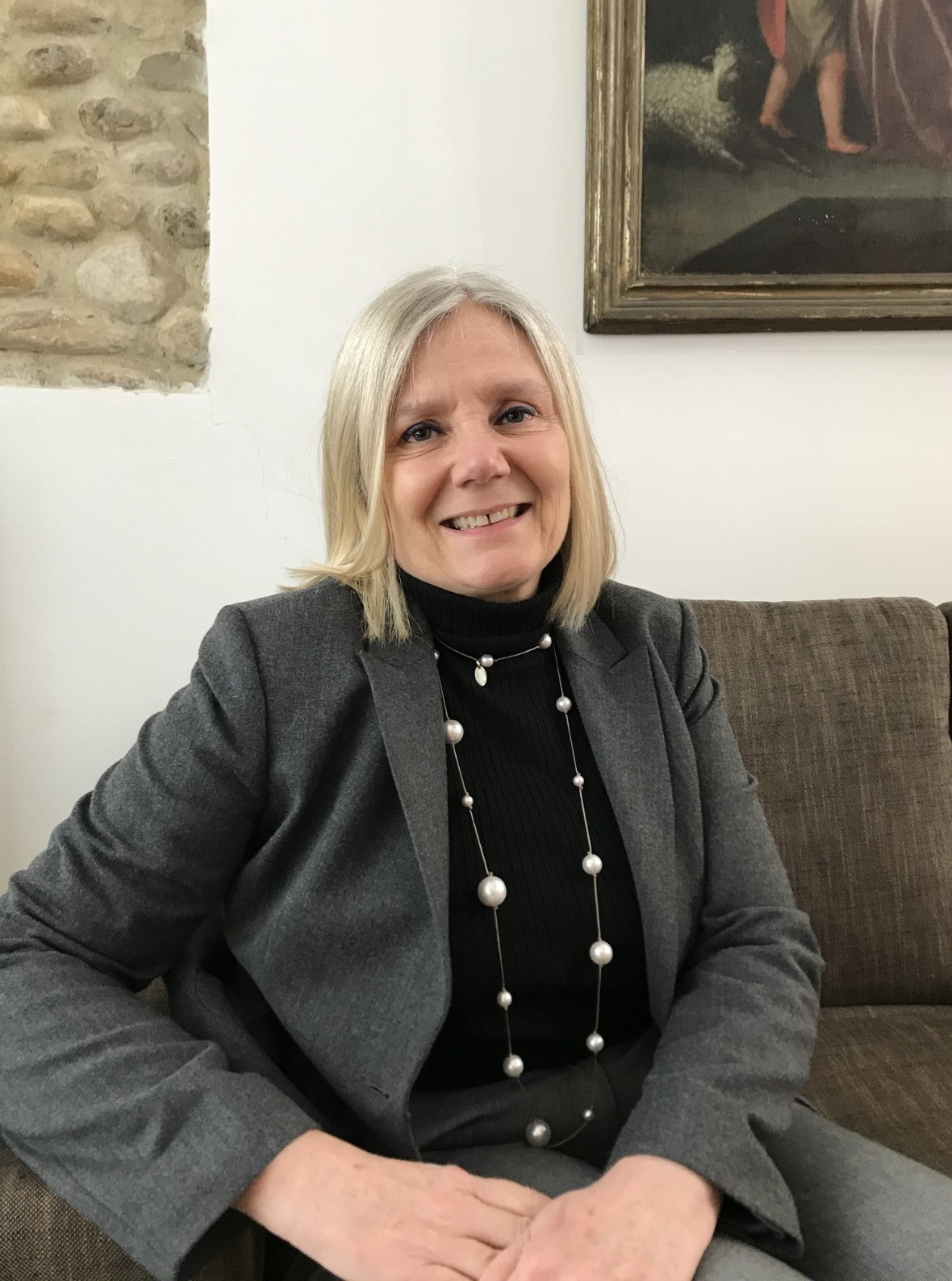

Students
Professors & Researchers
Laboratories
Spinoffs
Students Ph.D.
H2020 Projects
Horizon Europe Projects

Università di Pisa
Founded in 1343, the University of Pisa is one of the most ancient and prestigious universities in Europe, counting today about 47.000 students, 1.724 faculty members and 1.561 administrative staff. Organised in 20 large departments covering all subject areas, Unipi is committed to promoting high-quality research and teaching in all fields of knowledge. The quality of the research of Unipi is attested by a significant number of research projects funded by the European Framework Programmes including won in different research fields. Projects funded in Horizon 2020; projects funded in Horizon Europe
Unipi is member of several European and international networks like EUA, Science|Business and UNIMED and is involved in many of the most important EU initiatives related to the framework programmes (e.g. EERA, Biobased Industry Consortium (BIC), European Technology Platform Nanomedicine (ETPN), International Platform of Insects for Food and Feed International Platform of Insects for Food and Feed (IPIFF), Sustainable Process Industry through Resource and Energy Efficiency (A.SPIRE), Sustainable Nuclear Energy Technology Platform (SNETP), European Food Security Authority (EFSA) etc.).
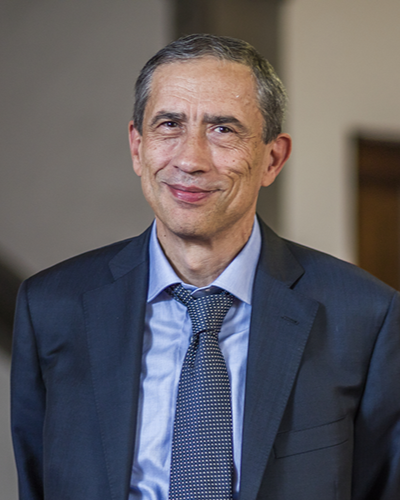
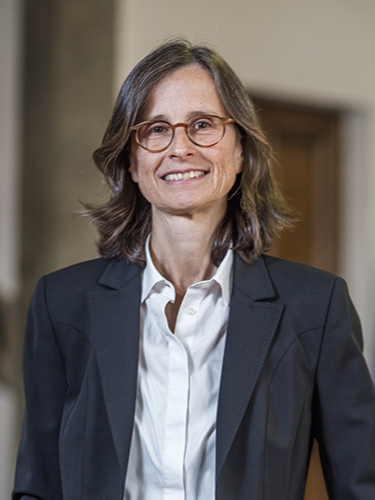
Students
Professors & Researchers
Laboratories
Spinoffs
Students Ph.D.
H2020 Projects
Horizon Europe Projects
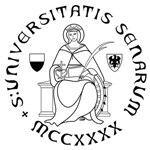
Università degli Studi di Siena
Founded in 1240, the University of Siena perfectly combines its historical roots with a forward-looking worldview. Students from different countries (international students are 10% of the total) live in an intercultural town and enjoy innovative teaching courses, 18 of them entirely taught in English. Researchers, whose articles appear in important peer-reviewed journals, work in cutting-edge laboratories and promote spin-off companies and patents.
University of Siena’s high-quality research is proven by many independent rankings besides more than 90 EU-funded projects from 2014 until now: 53 under H2020 and 35 under Horizon Europe (three of them in the ERC Synergy strand). Currently there are 60 ongoing projects funded by European and international organisations and other 240 funded by national donors.
Many different achievements – reached during last 2 years- can be stressed to prove activity
- two Departments have been selected by Italian Ministry of Education, University and Research as “Departments of Excellence”, both in Humanities https://www.unisi.it/unisilife/notizie/due-dipartimenti-dellateneo-fra-quelli-di-eccellenza-nazionale
- joint research laboratories between universities and public/private bodies are based on a shared research agreement in order to enhance common know-how and resources, creating a meeting place, both physical and virtual, to produce new results and facilitate the acquisition of new investments for R&D activities https://research.unisi.it/technology-transfer/laboratori-congiunti/
- MSCA attractiveness’ campaign: a three years commitment of UNISI in attracting young promising researchers led to positive results both in doctoral networks, post-doctoral fellowships and Seal of Excellence related initiatives https://research.unisi.it/unisi-as-host-institution-apply-with-us/
- In 2024 the first Research Day@Unisi took place, now scheduled on an annual basis in order to promote new projects and research areas https://www.unisi.it/unisilife/eventi/giornata-della-ricerca-di-ateneo-gi-ra-1-ottobre-2024
As part of central administration, the DRTT (Research and Technology Transfer Division) provides professional support to researchers and administrative staff during the whole research project lifecycle. After information about funding opportunities, RTT Division can help researchers to submit a competitive application, including matchmaking and budgeting. Moreover, it has a consulting role in negotiation, management and reporting phases. Discover DRTT on our website and on LinkedIN: https://www.linkedin.com/showcase/usiena-ricerca
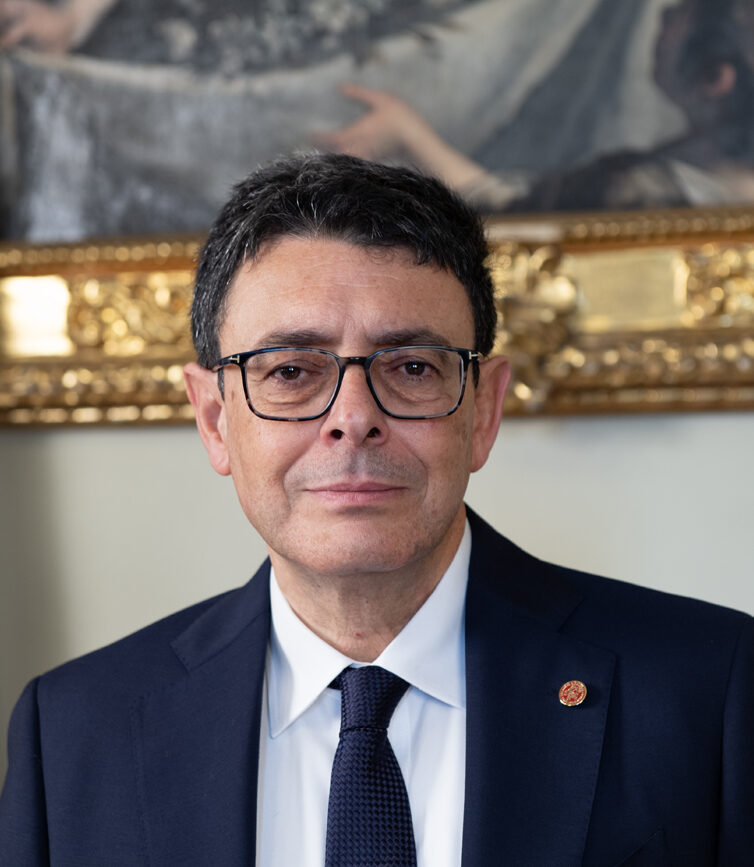
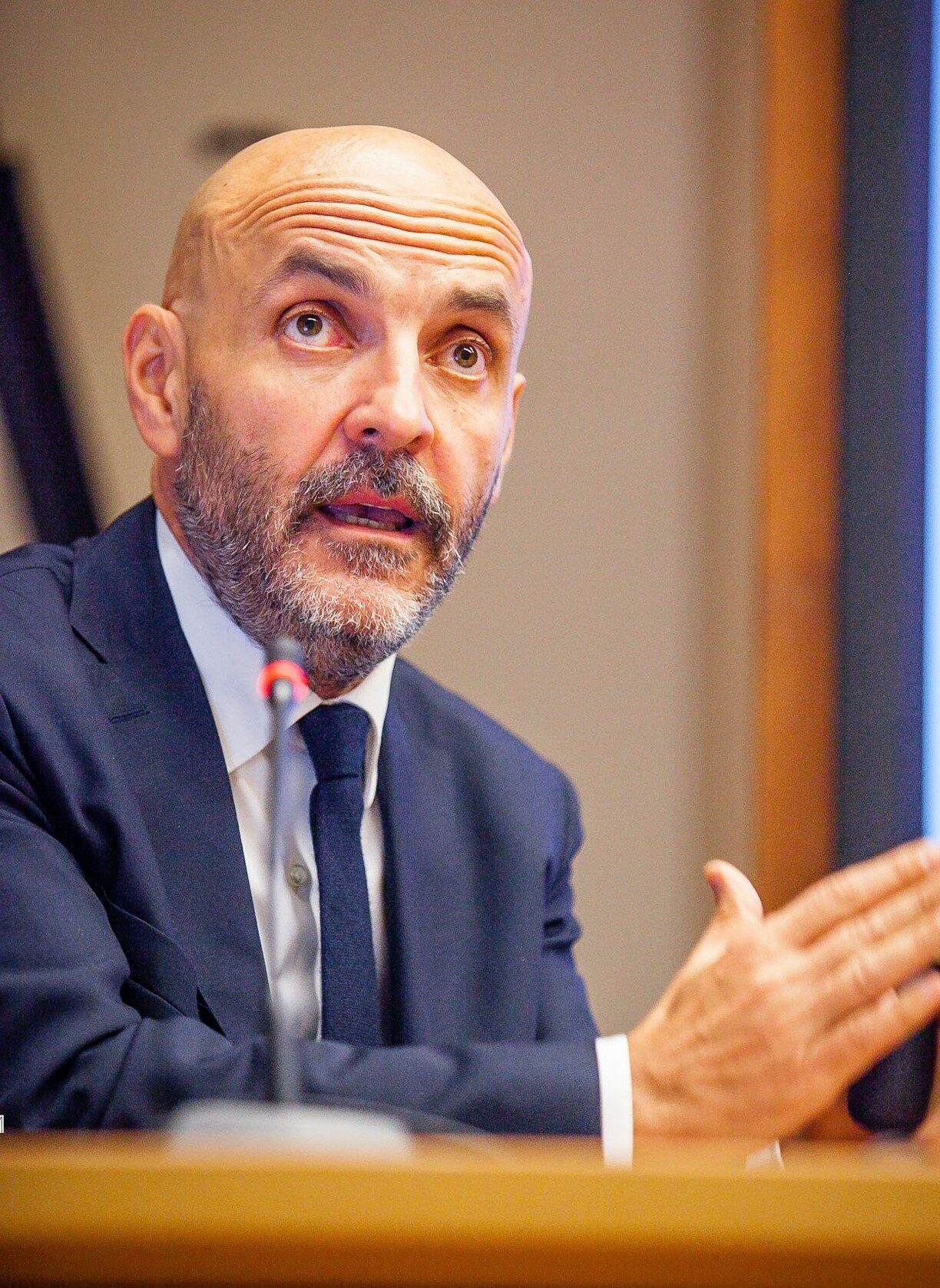
Students
Professors & Researchers
Laboratories
Spinoffs
Students Ph.D.
H2020 Projects
Horizon Europe Projects
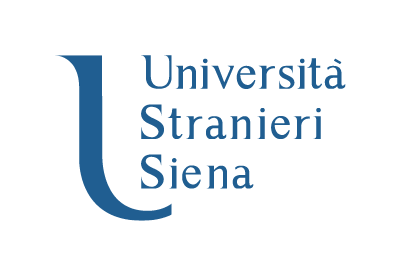
Università per Stranieri di Siena
The University for Foreigners of Siena is a public university whose mission is to study the interaction between the Italian language and culture with other languages and cultures to promote processes of encounters, dialogue and mediation between people from different languages and cultures. The University is specialized in teaching Italian to foreigners, in scientific research on the diffusion of Italian language and culture in the world and in the mediation of the contact between Italian and foreign cultures.
The University for Foreigners of Siena is also involved in the training of professionals specialized in linguistic and intercultural contact, as well as in the training and updating of Italian teachers to foreigners. The University for Foreigners of Siena has only one and very active Department, which has been selected by the Italian Ministry of University and Research as “Department of Excellence 2018-2022”.
The University received eleven times the European Language Label, a recognition that is awarded each year by the European Commission to the most innovative projects that promote language teaching and learning. The University has also undertaken, since 2009, the UNI EN ISO 9001: 2008 certified Quality Course, which covers all the didactic and instrumental activities related to degree courses, language courses, CILS and DITALS language and teaching certifications.
The University for Foreigners of Siena offers the following degrees and certifications: undergraduate bachelor’s degrees (three years); postgraduate master’s degrees (two years); one-year postgraduate non-degree courses (master level I and master level II); postgraduate studies; Ph.D studies; Italian language and culture courses for foreigners; training, refresher and specialization courses for teachers; e-learning and distance education; certifications for language learners and teachers.
All of the undergraduate degree courses, master’s degrees, master programmes, postgraduate schools and certifications of teaching competences are open to Italian and foreign students. They include courses in teaching and promoting Italian language and culture, linguistic and cultural mediation and translation in the tourism business. The Italian language and culture courses are intended for foreigners, who may also sit the Certificate of Italian as a Foreign Language (CILS) exams.
At the University for Foreigners of Siena students can learn European languages including English, French, German, Spanish, Portuguese and Catalan, as well as non-European languages such as Arabic, Chinese, Japanese, Russian, Korean, Ukrainian, Turkish and Swahili to become a professional in the tourism, translation, economics, legal and sociological fields.
The research projects of the University for Foreigners of Siena, co-financed with extra-European, European, national and regional funds, involve multi-disciplinary scholars whose studies relate to the following scientific-disciplinary fields: IUS-14; L-ANT/06; L-ART/01-02-03-04-06; L-FIL-LET/04-10-11-12-13-14; L-LIN/01-02-04-07-09-12-14-21; L-OR/12-21-22; M-DEA/01; M-FIL/05; M-GGR/01; M-PED/01; M-STO/01-02-04. The researches carried out broach different topics focused on language issues and on the analysis and mapping of migratory phenomena from the point of view of contact, education and linguistic and cultural mediation: from the education of Italian L2 through new technologies (MOOCs) to the study of immigrant languages in Italian society and culture; from historical and comparative linguistics to Italian lexicography and lexicology; from textual philology to etymological and semantic studies of specific lexical areas; from aspects of morphosyntax to the theory and practice of literary and audiovisual translation from Italian into Arabic, Catalan, Chinese, Korean, French, Japanese, English, Portuguese, Russian, Spanish, German (and vice versa). Studies then focus on the following topics centered on the history of culture from ancient times to the present day: from the history and protection of cultural heritage, with a focus on painting and sculpture and on the archives of artistic culture, to the history of the Italian language; from European political and cultural history to that of educational and research institutions; from the history of historiography to socio-religious history and of migratory movements. Lastly, the University for Foreigners of Siena carries out research on the following themes: from the philology of Italian literature to scientific, odeporetic and post-colonial literature; from dialectology and linguistic geography to epistology and memoirism; from ethnographic research on refugees to medical, gender and visual anthropology; from gender studies to the geography of work, to socio-political geography and the international protection of human rights, in particular of the vulnerable.
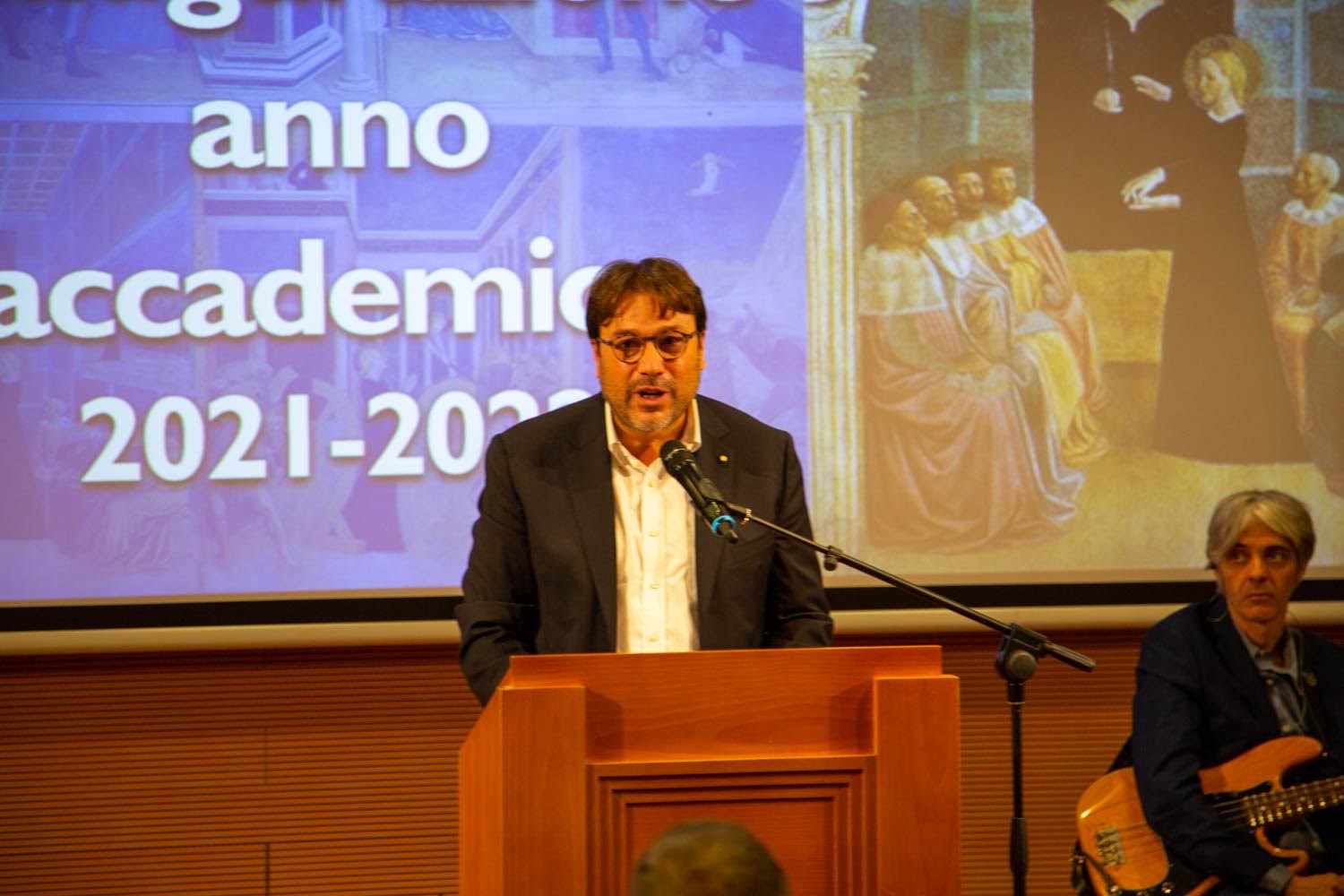

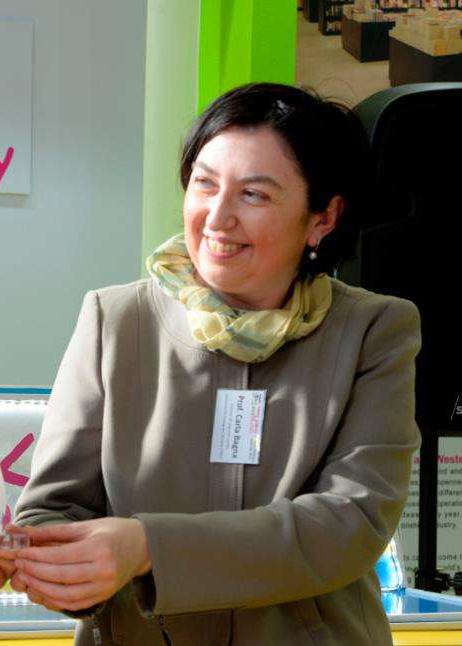
Students
Professors & Researchers
Laboratories
Spinoffs
Students Ph.D.
H2020 Projects
Horizon Europe Projects
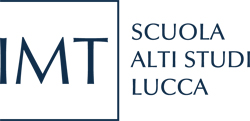
Scuola IMT Alti Studi Lucca
The IMT School for Advanced Studies Lucca is a Public University School for Higher Education and Research with a special statute that focuses on the analysis of economic, societal, technological and cultural systems.
The IMT School promotes the full integration of research and education.
Since its institution by ministerial decree of November 18th 2005, the School has distinguished itself thanks to the quality and innovativeness of its research and doctoral program and its interdisciplinary nature, characterized by the complementarity and discourse between methodologies drawn from economics, engineering, computer science, applied mathematics, physics, archeology, art history and the analysis and management of cultural heritage.
The fusion between art and technology is also reflected in the School state-of-the-art Campus, located principally in the newly restored San Francesco Complex. The entire campus is found within the historic city center of Lucca, which is completely surrounded by a fully-intact Renaissance-era walls. The campus includes spaces for research and laboratories, courses, and living and recreation. The campus is completed by the IMT Library, which offers a plethora of resources and offers additional working and research areas for the IMT community, and the city of Lucca in general.
The School’s research agenda is decidedly interdisciplinary, and is characterized by the complementarity and discourse between methodologies drawn from economics, engineering, computer science, applied mathematics, physics, archeology, cognitive and social neuroscience, art history and the analysis and management of cultural heritage. The IMT School is characterized therefore by the simultaneous presence of multiple analysis methodologies, able to interact at both the educational and the research level.
The interdisciplinary nature of the School translates into the various research areas, articulated in Research Units that cover distinct disciplines, namely: archaeology and art history, including disciplines such as law, economics and the management of cultural heritage; theory and methodologies of empirical research applied to the analysis of social, financial and production systems, with particular emphasis on the analysis of the evolution of institutions, markets and socio-economic networks; cyber-physical systems that range from computer science to control techniques, computational mechanics and numerical methods for mathematical modelling and the simulation of natural and artificial physical systems and cognitive, social and computational neuroscience, focusing in particular on the in vivo study of the neurobiological correlates of cognitive functions, emotions and behaviour in economic and social spheres.
The Research and Knowledge transfer Office supports scientific research and innovation as well as relationships with businesses. In particular, it provides information, support and assistance services on financial, management and administrative aspects to projects funded by national, European and international bodies, both public and private as well as on intellectual property, patents, software protection, spin-offs and start-ups.
Since 2015 the Office collaborates with the Joint Technology Transfer Office JoTTO set up with Scuola Superiore Sant’Anna, Scuola Normale Superiore, Scuola Universitaria Superiore IUSS Pavia. JoTTO focuses on the exploitation of research results (management of Intellectual Property, licensing activities, start-up creation) derived from the activities developed as part of various projects and laboratories. Moreover, it also organizes courses, events and opportunities for the research valorisation across various scientific fields and about the Third University Mission. In 2020, Scuola Internazionale Superiore di Studi Avanzati (SISSA) and Gran Sasso Science Institute (GSSI) have joint JoTTO.
The IMT School also belongs to the Regional Technology Transfer Office (URTT) which, on the initiative of the Tuscany Region, brings together the universities of the Tuscan territory to promote collaboration with companies through scouting initiatives and the enhancement of patents and skills.
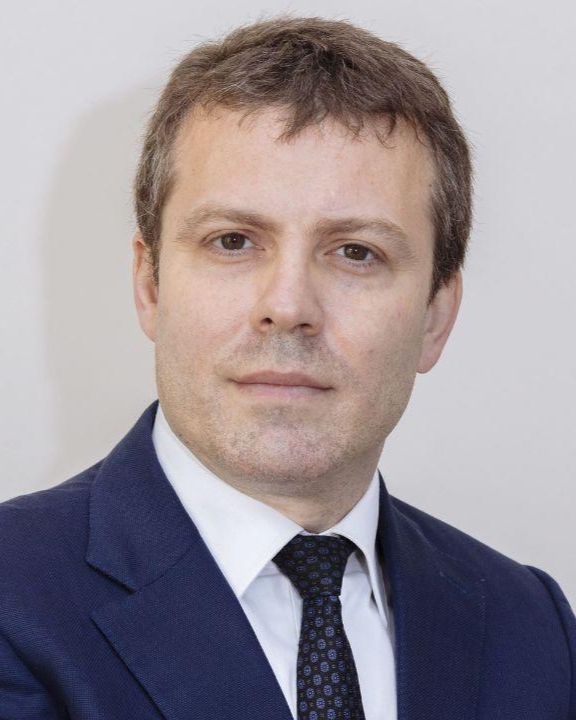
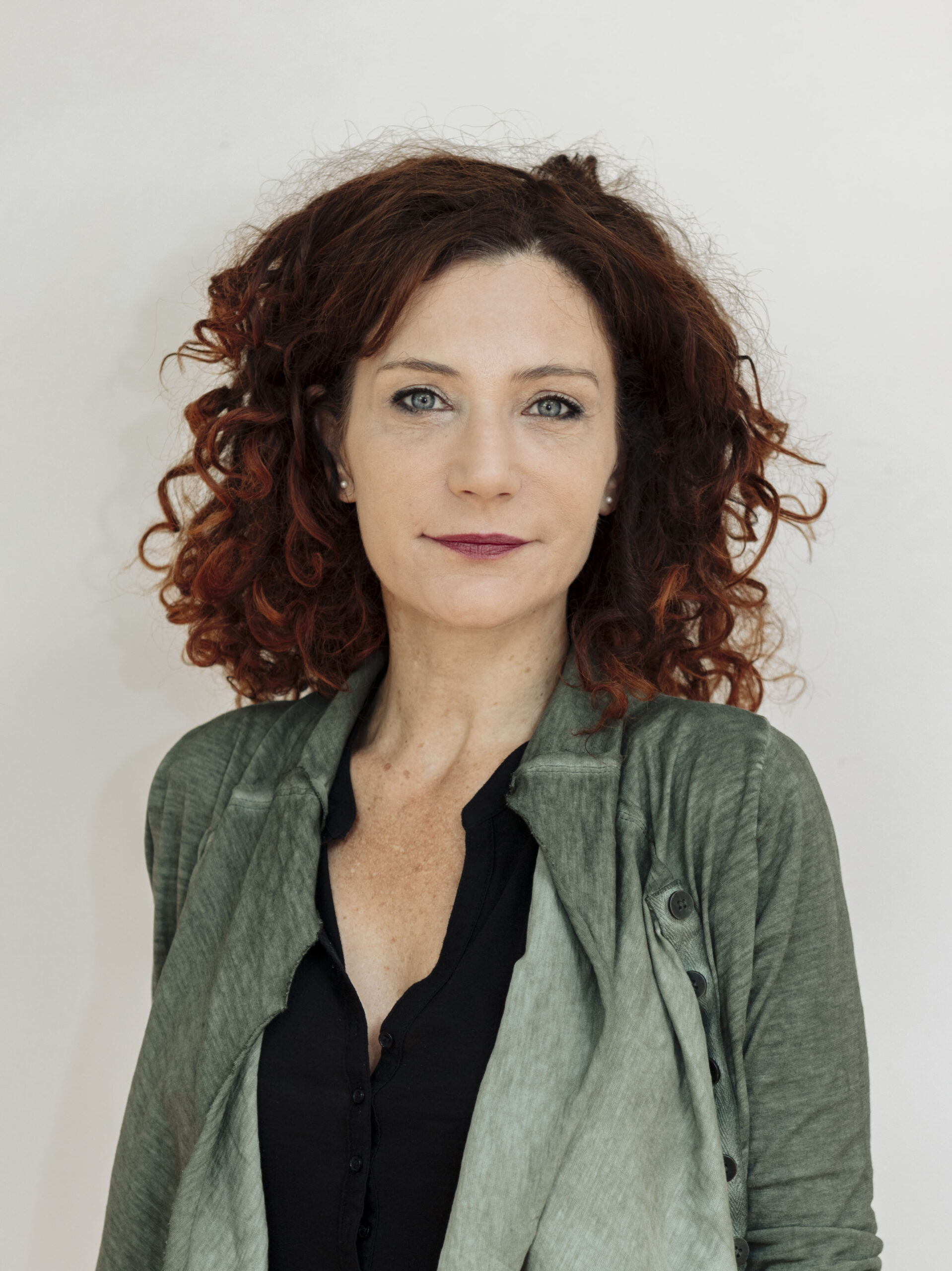
Students Ph.D.
Professors & Researchers
Laboratories
H2020 Projects
Horizon Europe Projects
Spinoffs

Scuola Normale Superiore
The Scuola Normale Superiore di Pisa is a public institute for higher education with unique features: students’ selection exclusively based on merit, lessons on a seminar basis, deeply intertwined teaching and research, an integrated college life and the encouragement of international exchanges based on the best European model of higher education. SNS was founded by Napoleon, over 200 years ago, on the model of the Ecole Normale Superieure in France, and has, since, kept the highest teaching and academic standards. The institution has a long and excellent tradition of academic research and a remarkable experience in fostering brilliant academic researchers in the areas of hard sciences and humanities.
Two types of course are available: the undergraduate course and the PhD course.
Teaching activity takes place in three academic structures: the Faculty of Humanities, the Faculty of Sciences, placed in Pisa; the Faculty of political and social sciences located in Florence.
SNS is part of a wide network of higher education centers worldwide targeting student exchange, joint research programs, professor exchange.
The Research and Technology Transfer Office is in charge of promoting funding opportunities for research and for the management and reporting of research projects funded by national and international institutions.
SNS promotes as well the exploitation of research results, mainly in terms of support for intellectual property protection, start-up creation and collaborative research activities (projects, infrastructures, labs) with industry. Since 2015, a Joint Technology Transfer Office (JoTTO) has been created by Scuola Normale, Scuola Superiore Sant’Anna di Pisa, Scuola IMT Alti Studi di Lucca and Scuola Universitaria Superiore IUSS Pavia in order to provide unified services. Recently two other public institutes for higher education have joint JoTTO: Scuola Internazionale Superiore di Studi Avanzati (SISSA) and Gran Sasso Science Institute (GSSI).
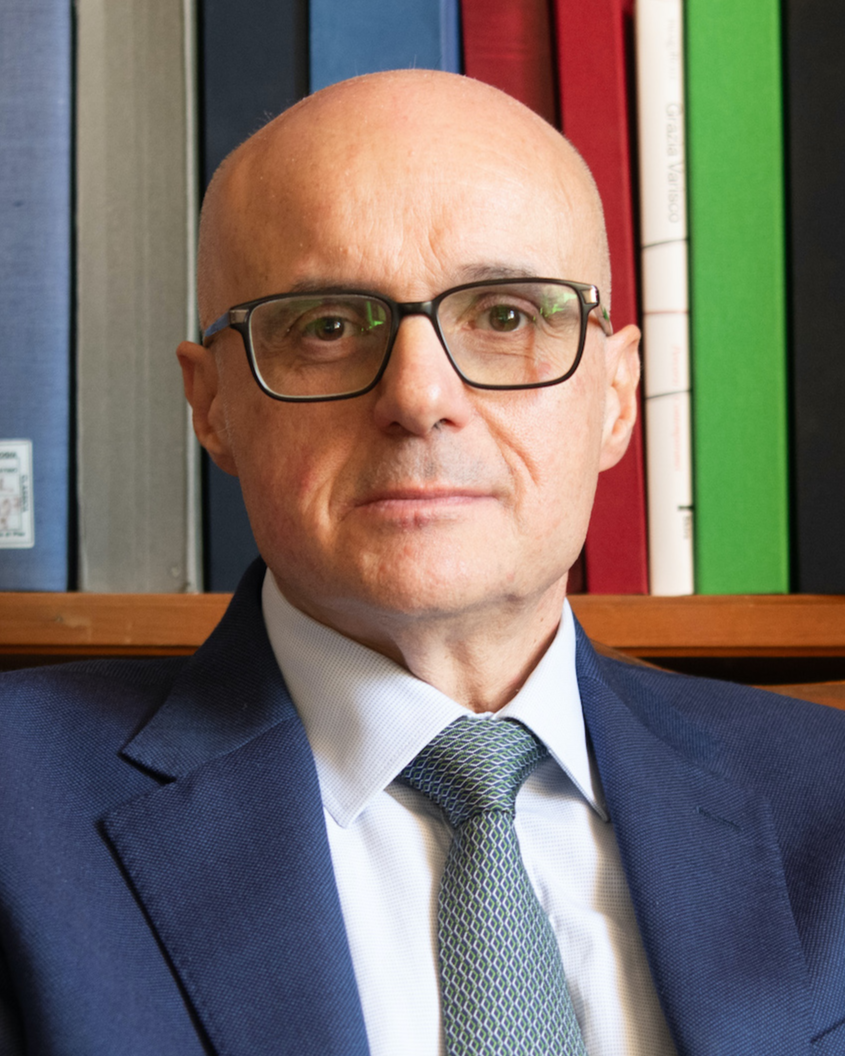
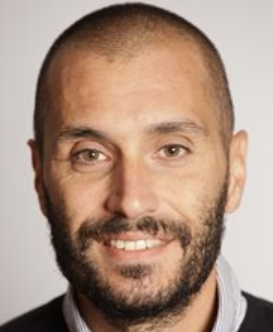
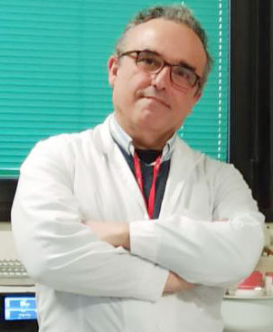
Students
Professors & Researchers
Laboratories
Spinoffs
Students Ph.D.
H2020 Projects
Horizon Europe Projects
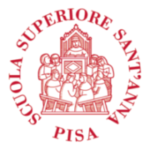
Scuola Superiore Sant'Anna
Sant’Anna School is one of the six Italian special statute university institutions, also called “Scuole Universitarie Superiori”, holding a unique position within the Italian higher education system. It is a public university in its own right, which carries out research and education in applied sciences: Economics and Management Sciences, Law, Political Sciences, Agricultural Science and Biotechnology, Industrial and Information Engineering Medical Sciences
University education (first level degrees) is reserved for students admitted to the School after passing a competition and joins the University degree courses with a supplementary training course based on merit and individual profit criteria. The teaching activities are carried out within two Academic Classes, each comprising three Scientific Sectors;
Scientific research and advanced training (PhD programs, master’s degrees and first and second level university masters), are programmed within the research institutes (Biorobotics, TeCIP, -Plant Sciences, Crop Science, Management, Economics, Dirpolis, Mechanical Intelligence), the interdisciplinary research centers (Health Science and Sustainability and Climate), and the Departments of Excellence (L’EMbeDS and Robotics & AI).
Thanks to its international character, excellent training and the scientific community, the Scuola Superiore Sant’Anna has established itself as a point of reference in Italy and abroad.
The Knowledge Transfer Office determines the most appropriate procedures for leading some research results to industrial exploitation for the benefit of the community and businesses. This activity has resulted in major and long-established partnerships with businesses and government agencies. Sant’Anna School laboratories and research centers have given rise to numerous spin-off companies and an extensive portfolio of national and international patents, some of which shared with other public and private institutions or licensed to businesses.
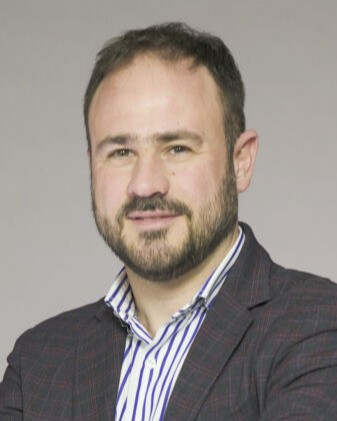
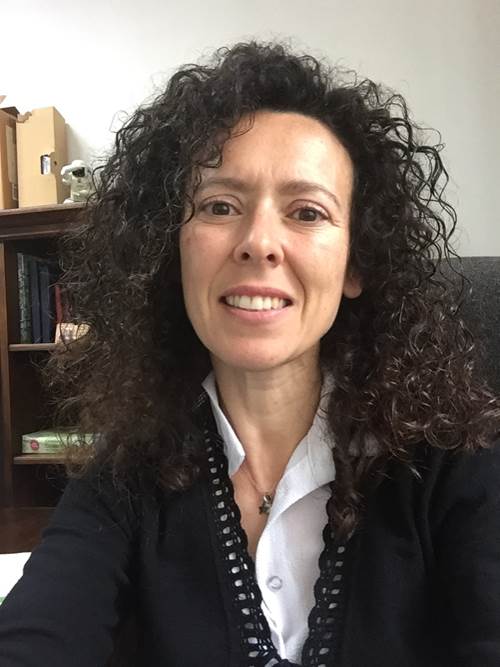
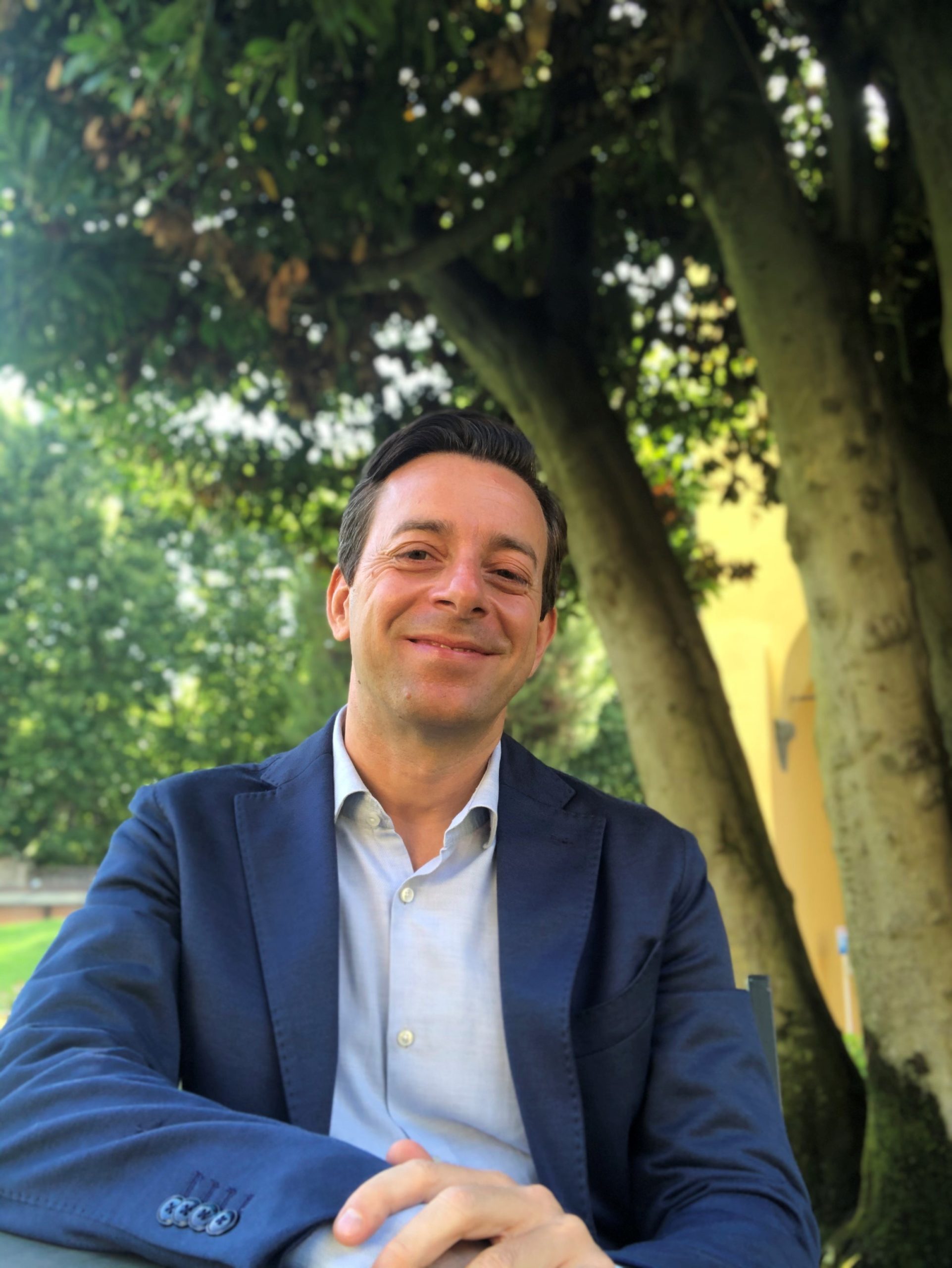
Students
Professors & Researchers
Laboratories
Spinoffs
Students Ph.D.
H2020 Projects
Horizon Europe Projects

